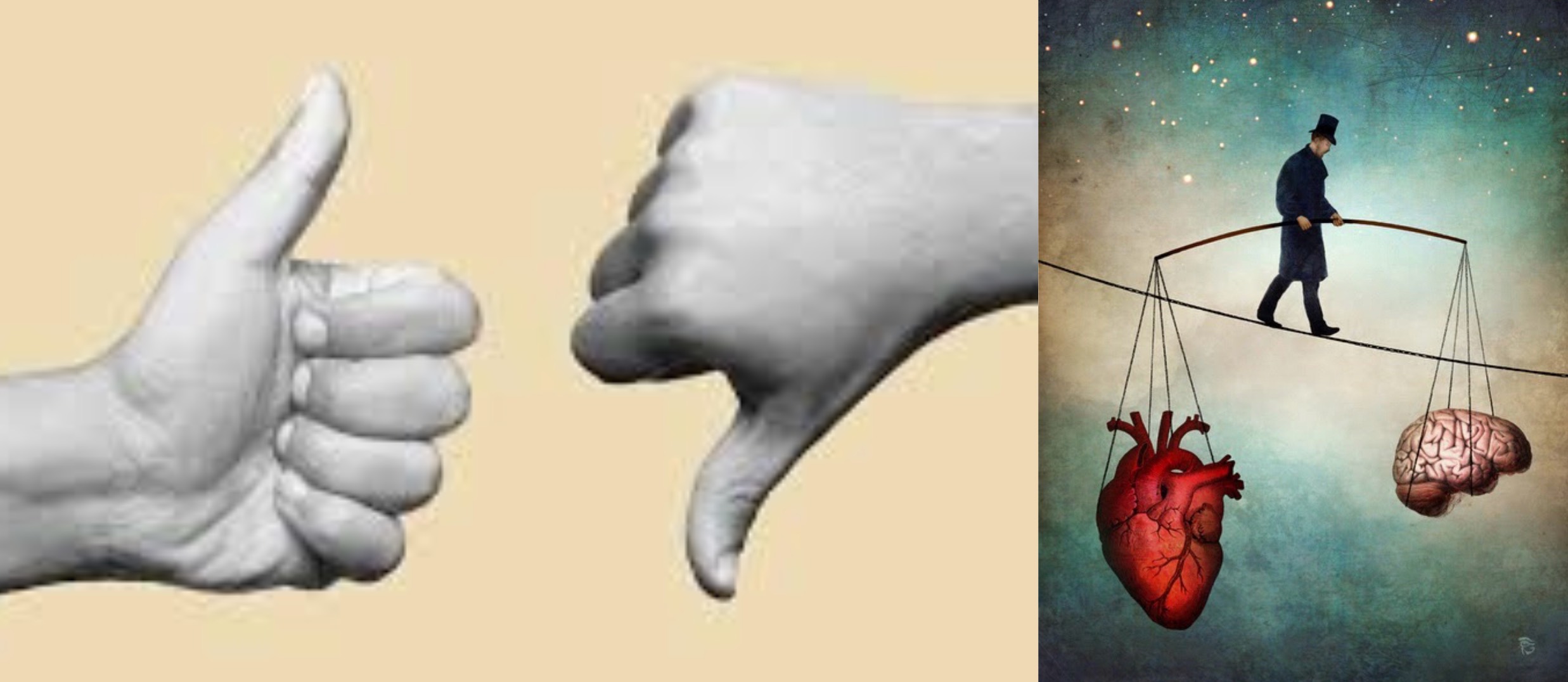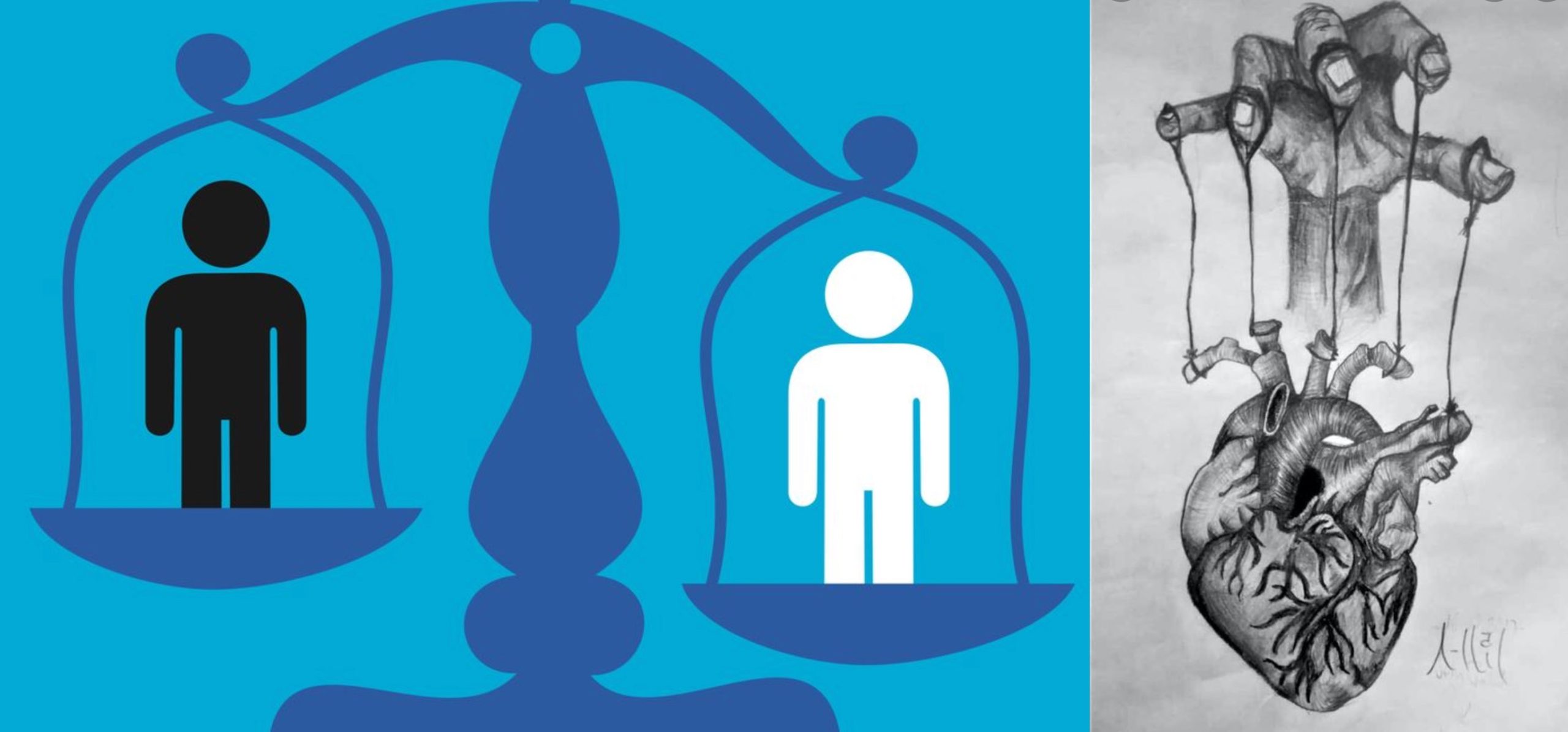The Truth Study
A Deep Look Into What’s Below the Surface
Partnered by:
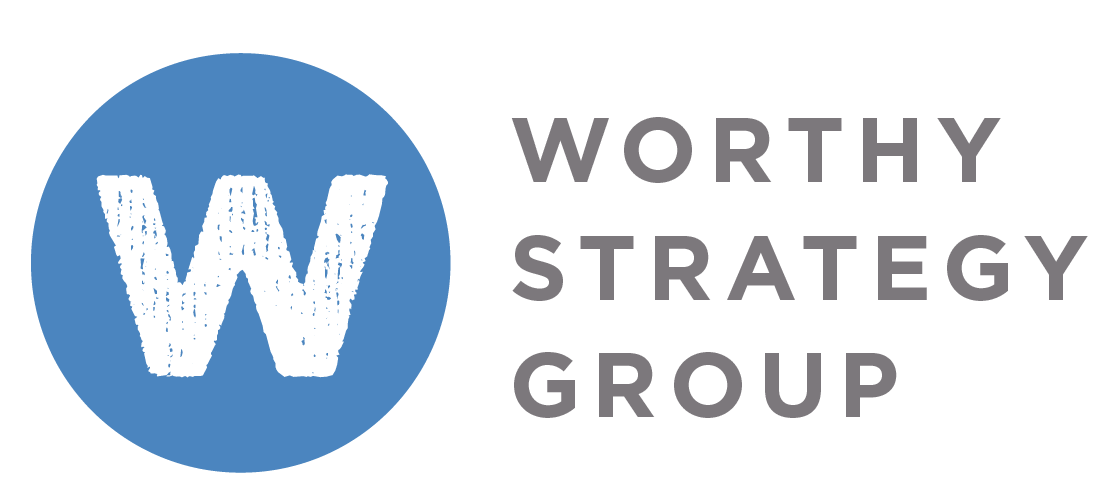

1.
2.
3.
4.
Researcher: So, how do you think about the Moon then? Like, have you made a determination on like, did people walk on the Moon or not?
N: Like I said, I wasn’t there, so I don’t know. They tell — they said that they walked on the Moon. But then other people said that when they was trying to interview the guy that supposedly walked on the moon, he refused to answer the question. So it’s like, did you walk on that Moon? Or did they stage you walking on that Moon? So how is it — you know, like, I’ve never really… Yeah. Why nobody else walked on the Moon yet?
Researcher: Yes. Yes.
N: You know, you get one time of walking on the Moon, and this technology is more advanced — there should be people — there should be a convenience store on that Moon right now where you can get some gas. I don’t see it.
Our methodology
All imagery that follows, unless otherwise indicated, was provided by the research subjects.
We’re confused. We’re lost. And we’re disoriented.
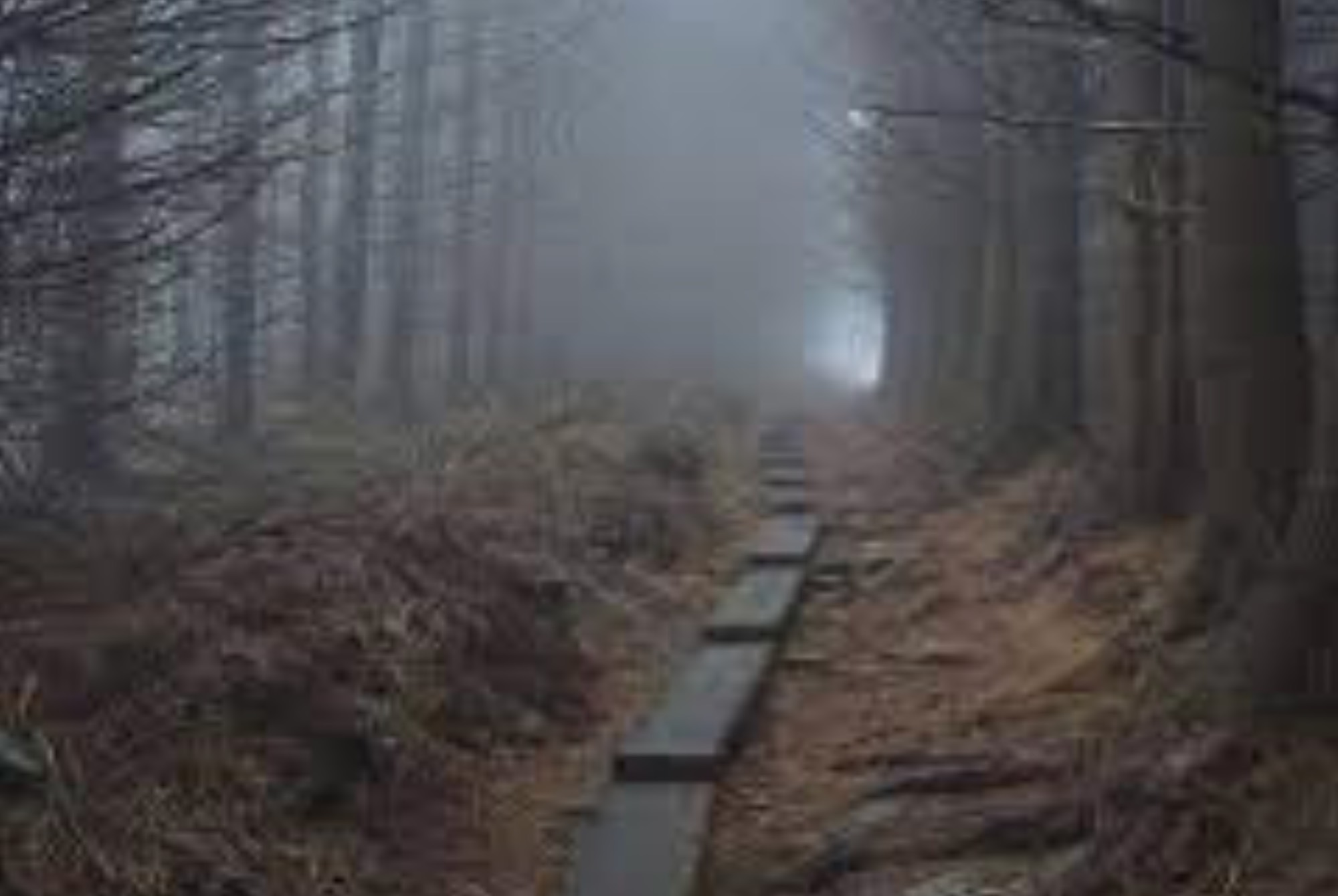
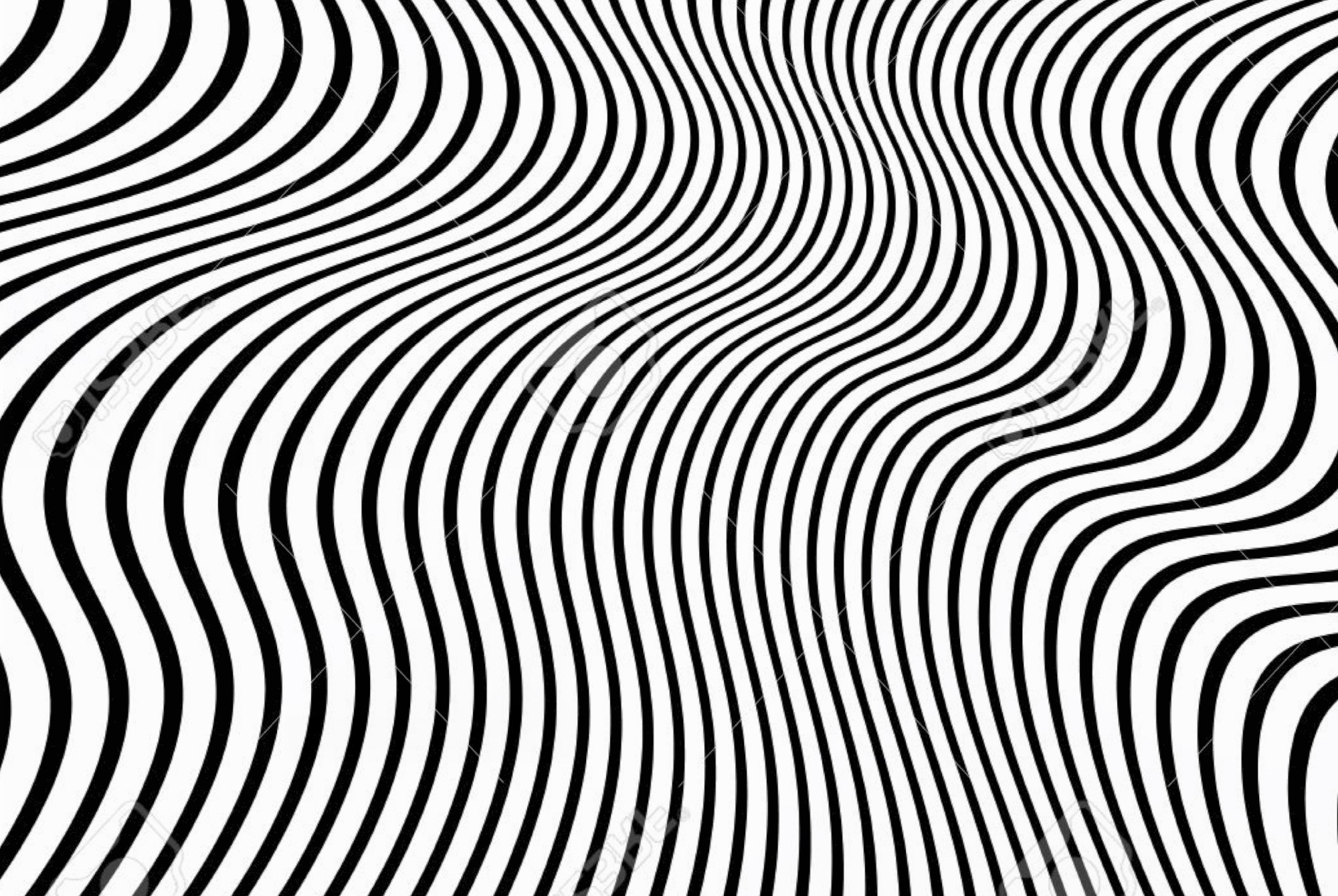

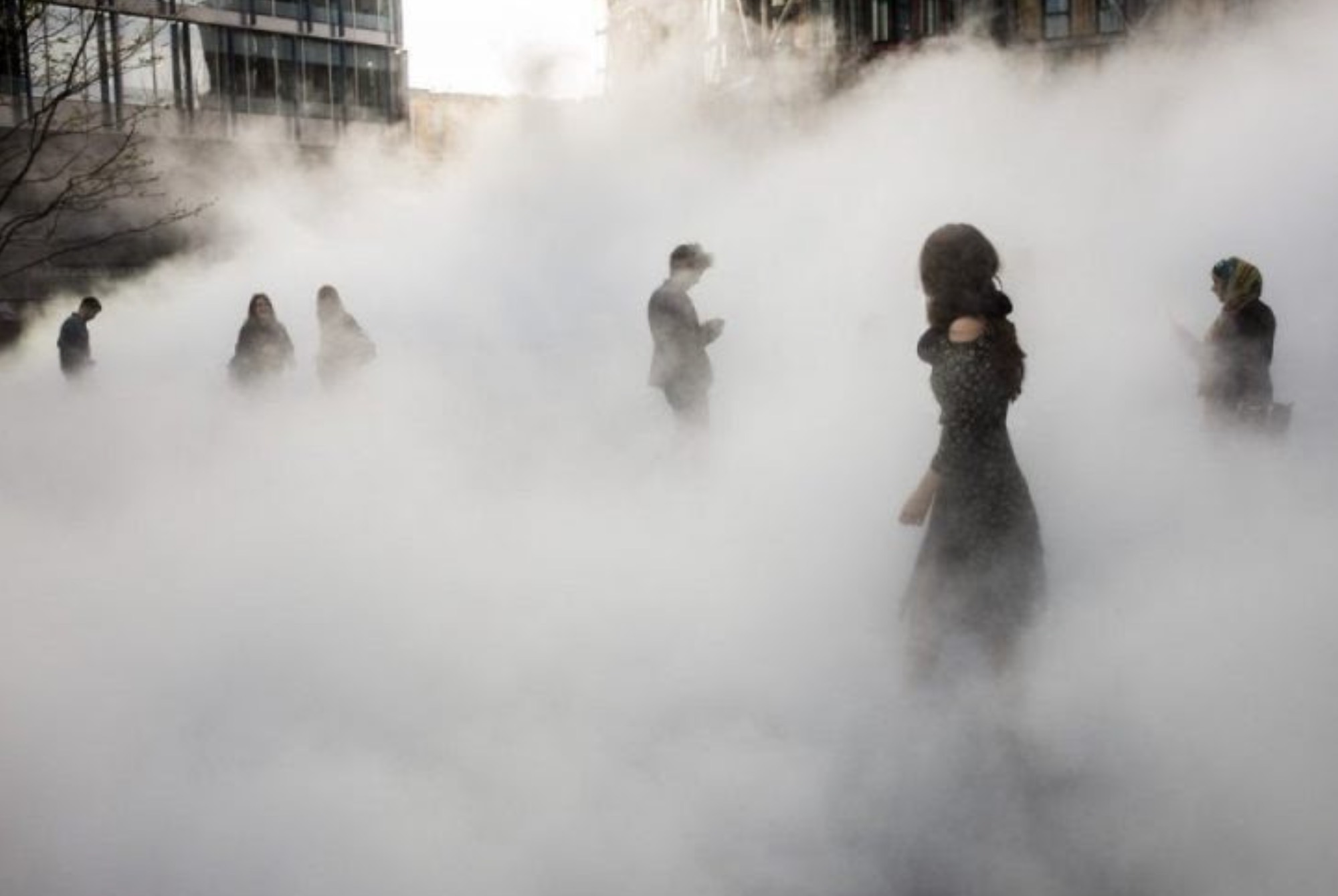
On social media, we deal in lies and lose sight of the truth.
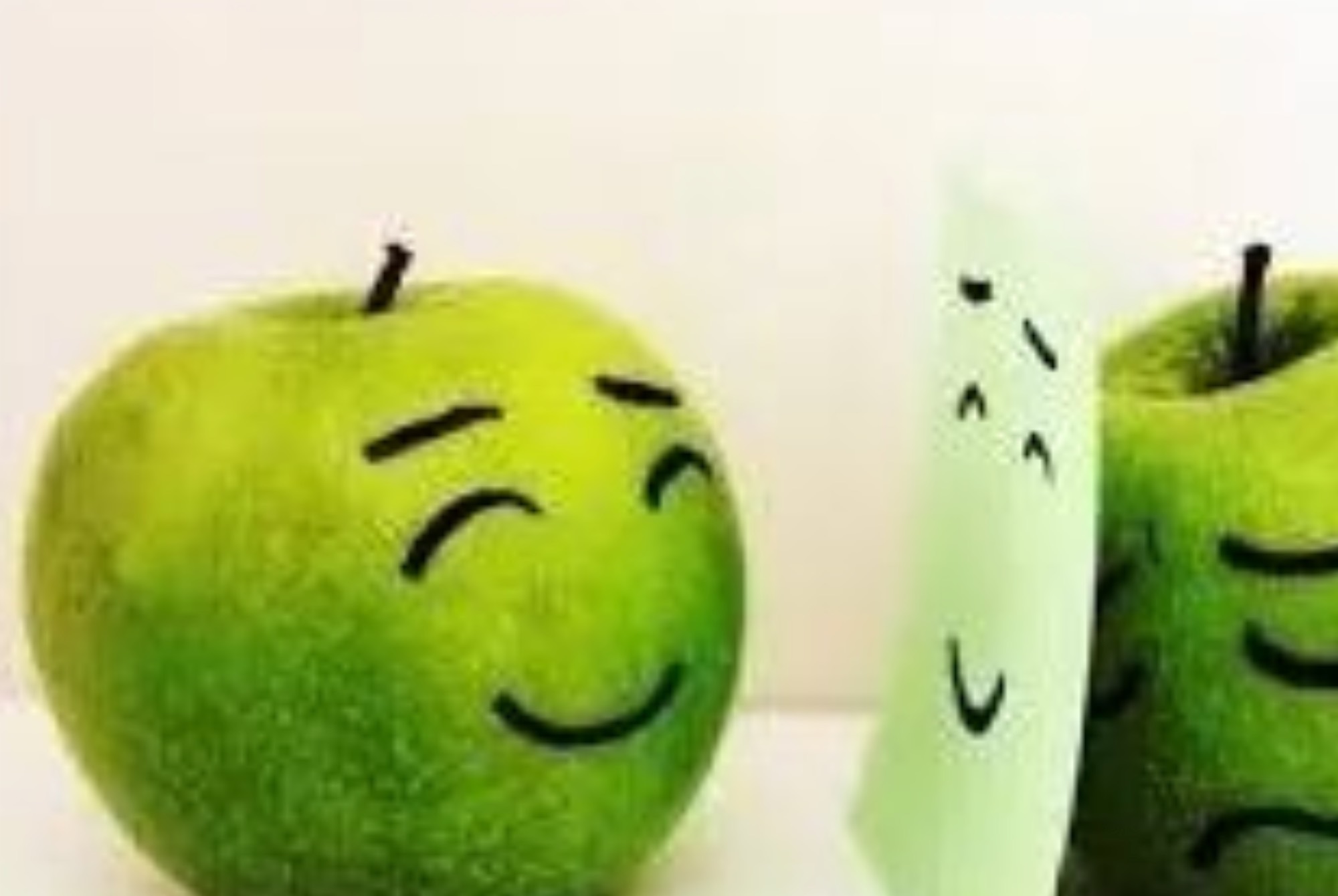
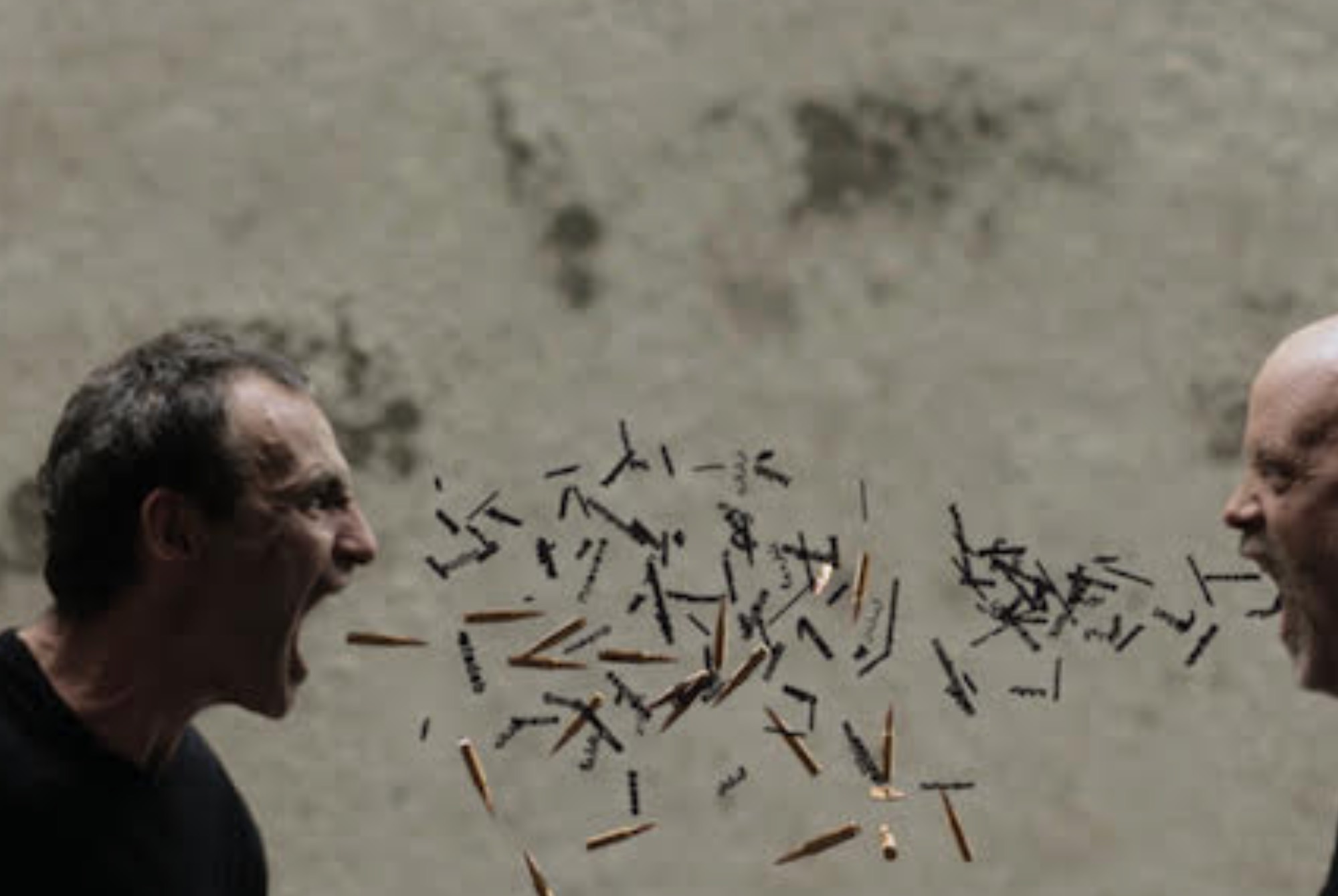
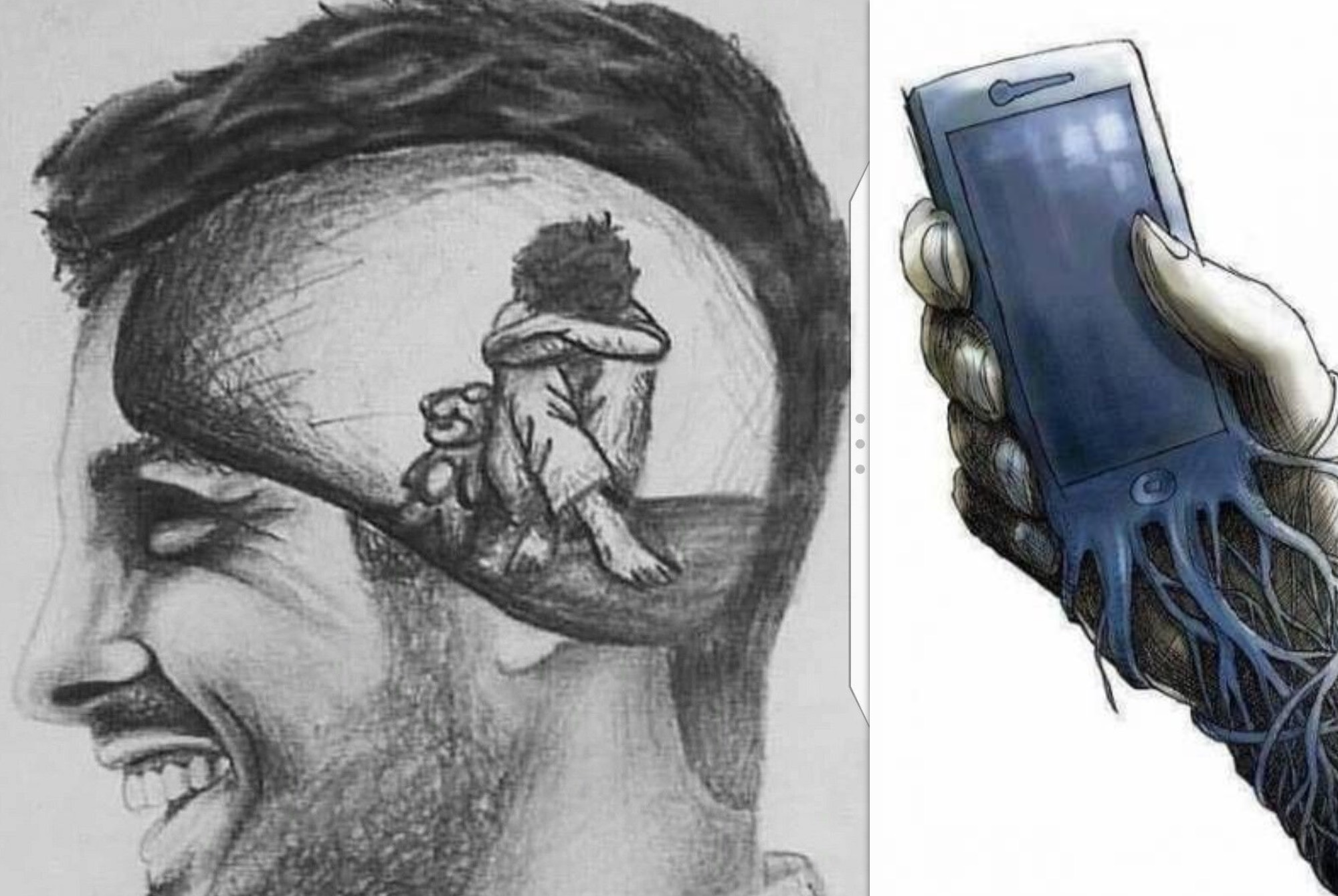
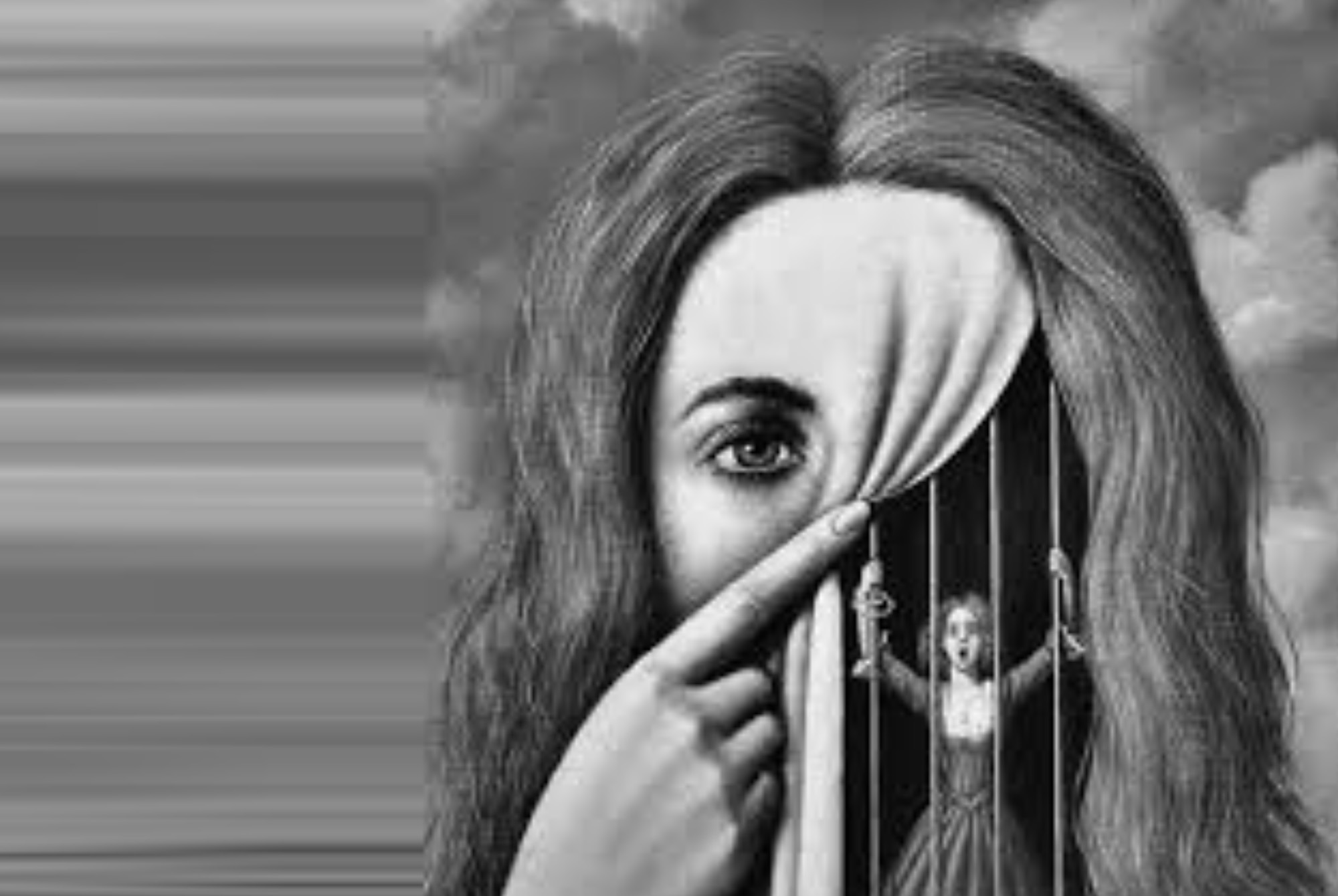
And the media isn’t much better, leaving us at war for and against truth.
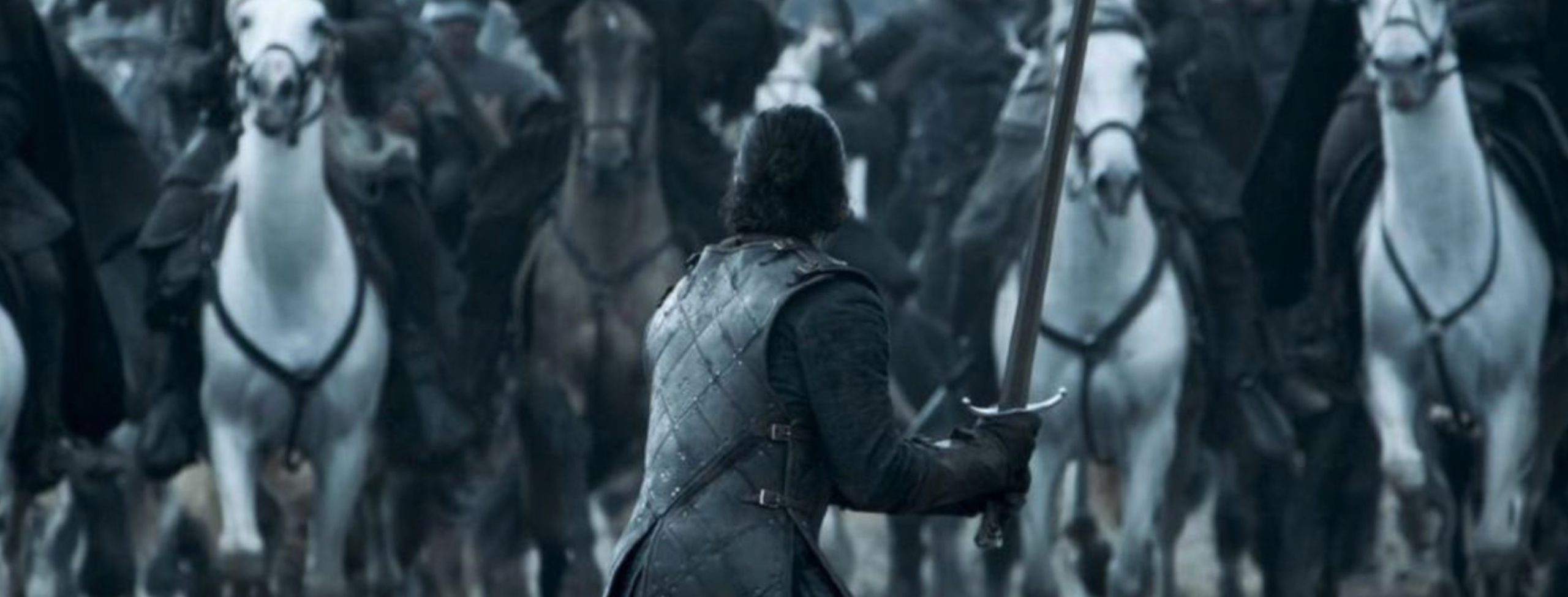
And with politics being a place for beliefs and games — not truth…
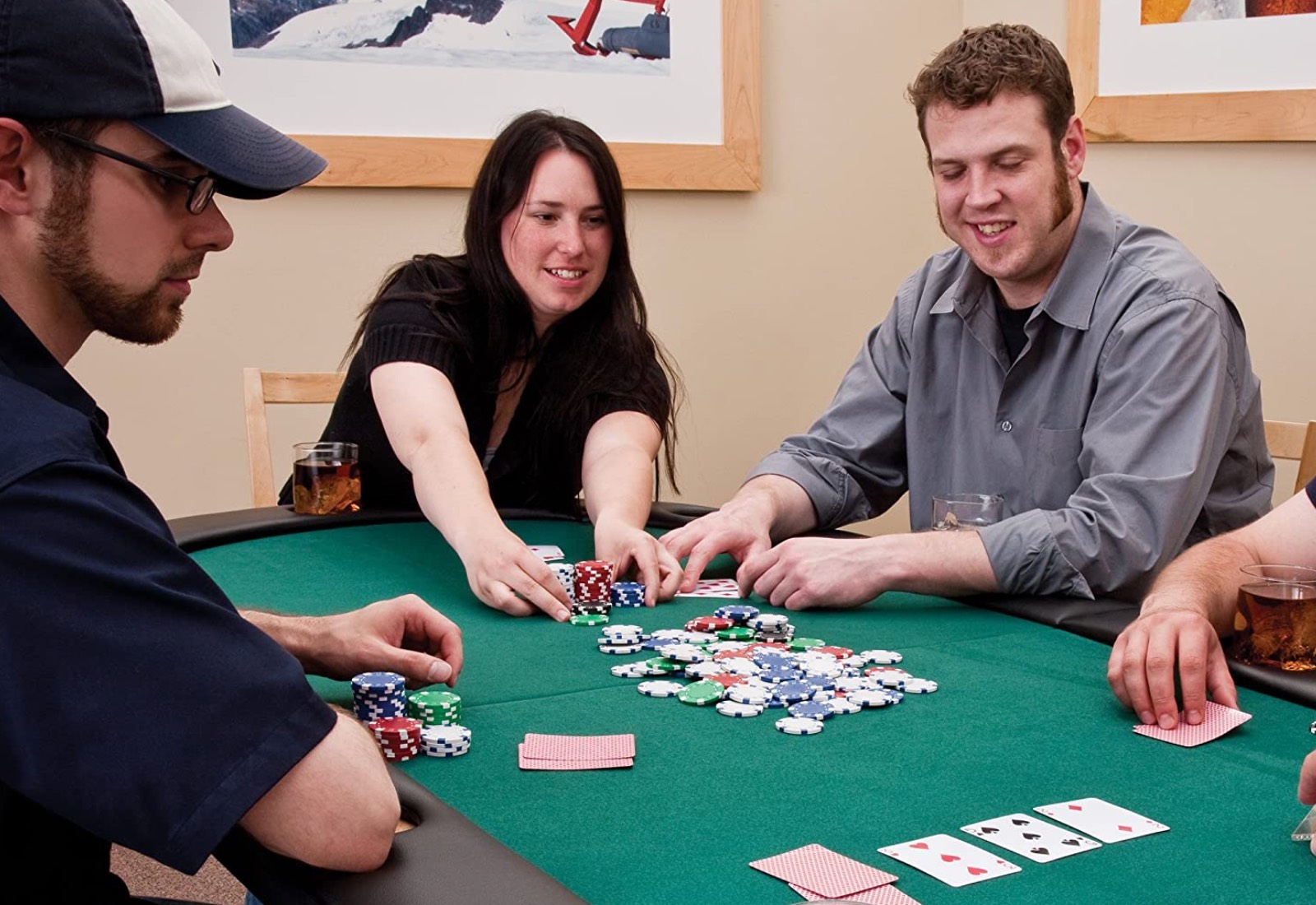
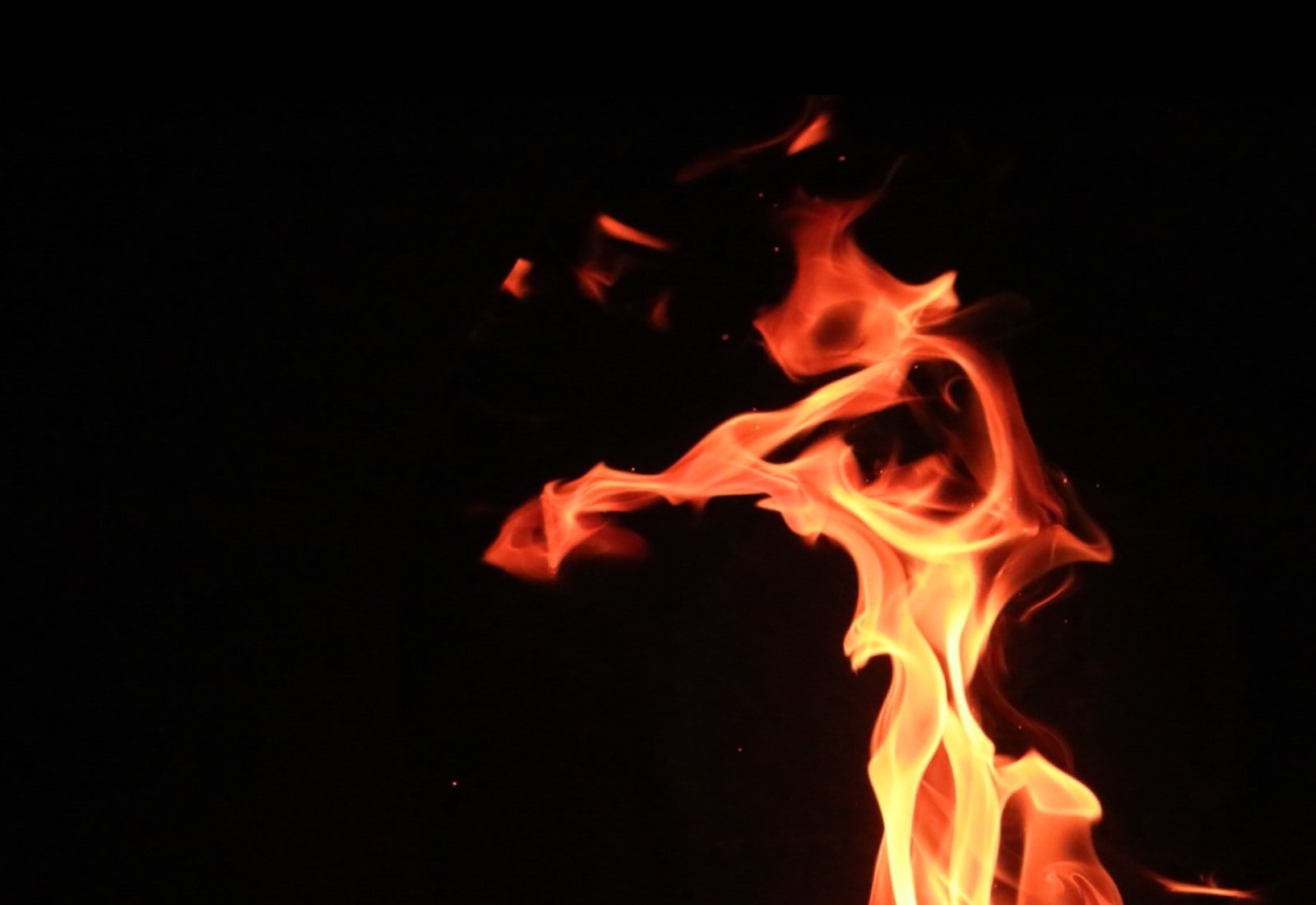
Truth nihilism: a world where truth is dead
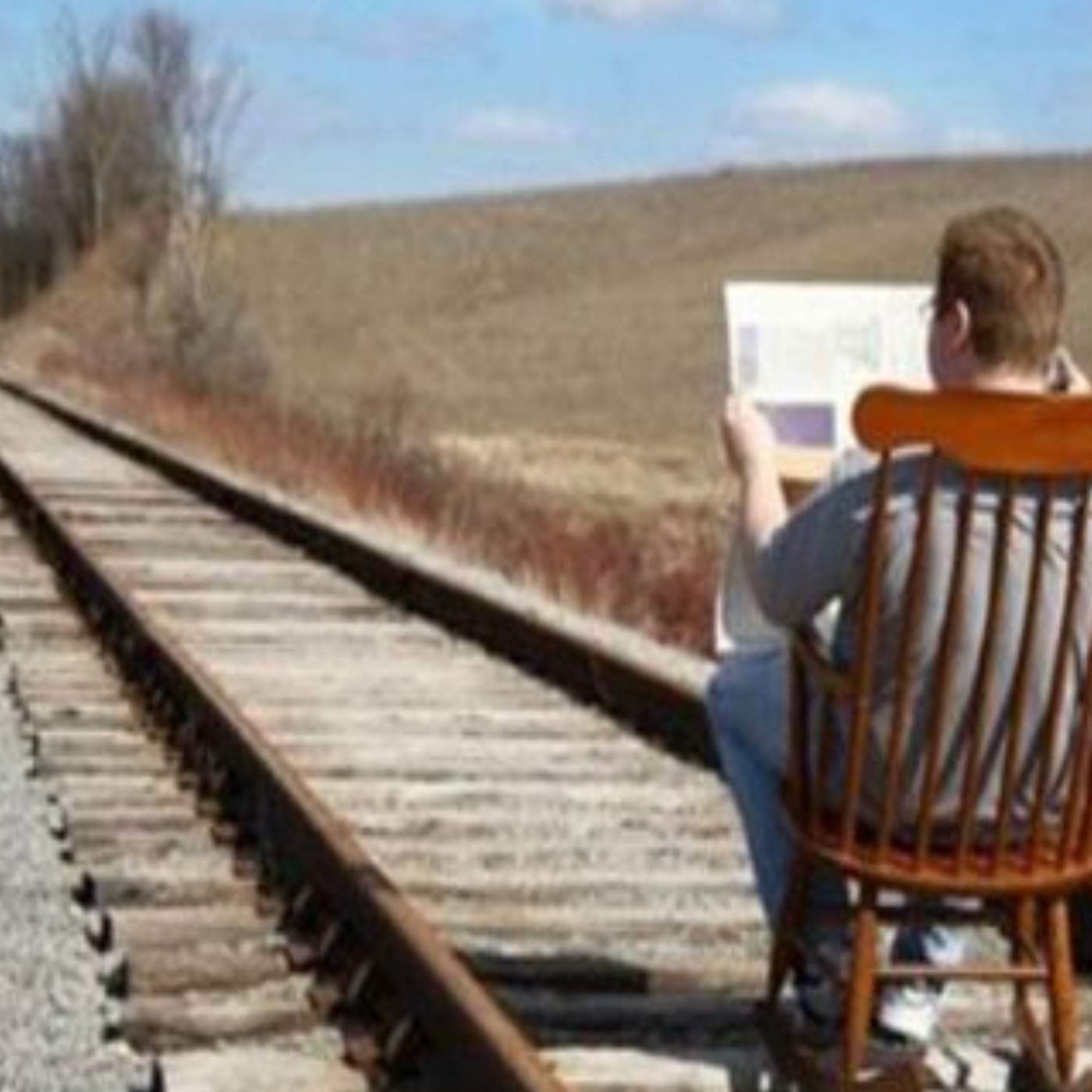
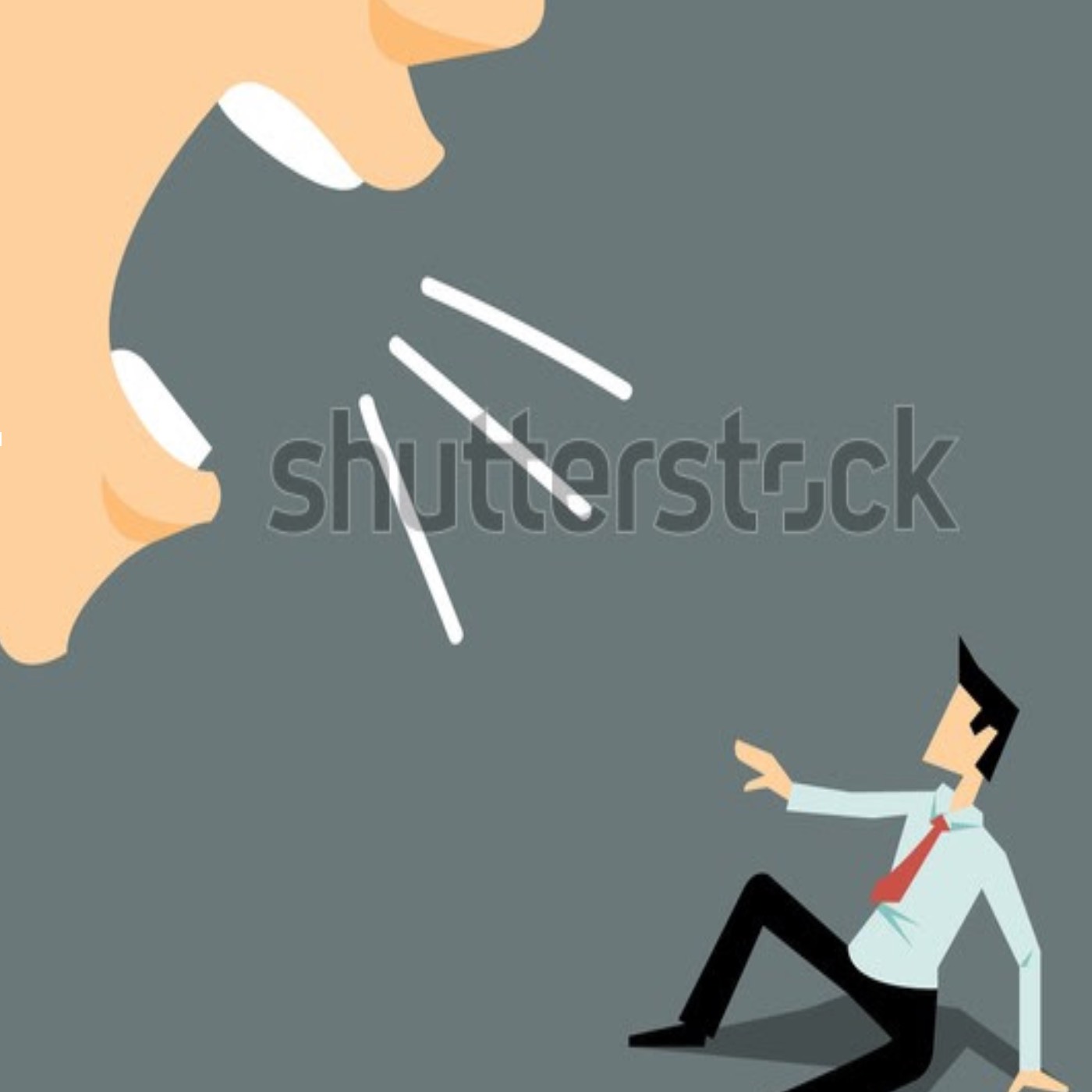
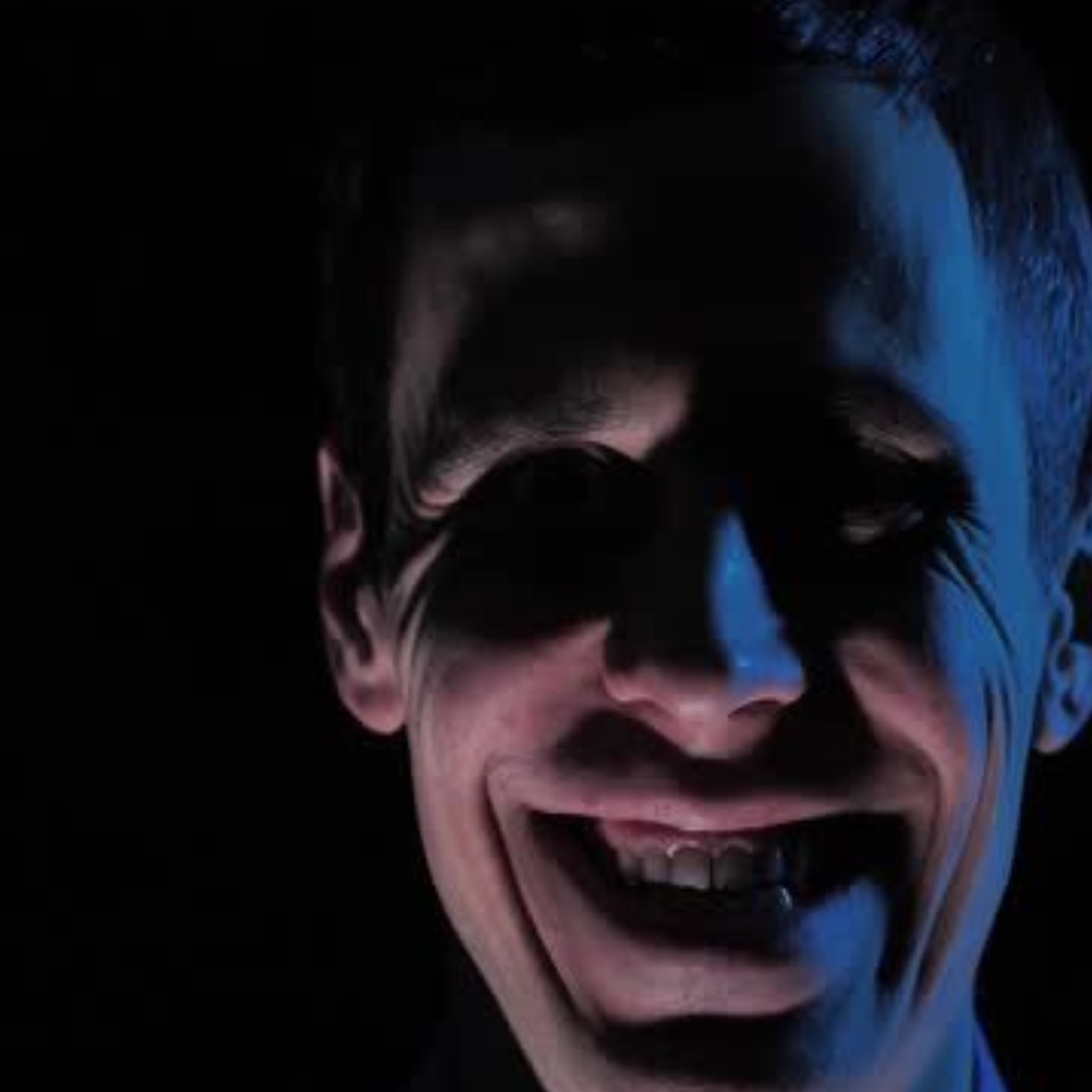
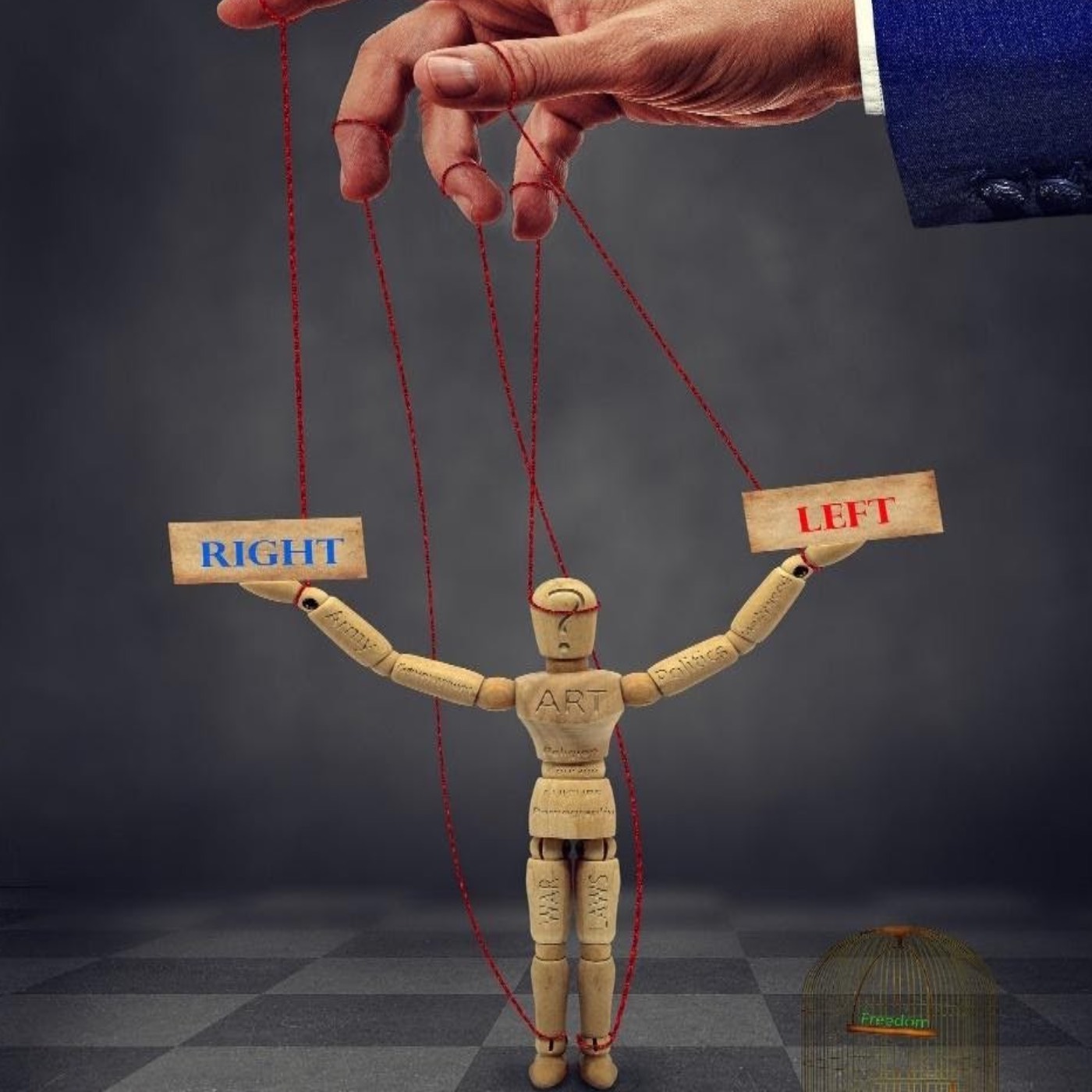
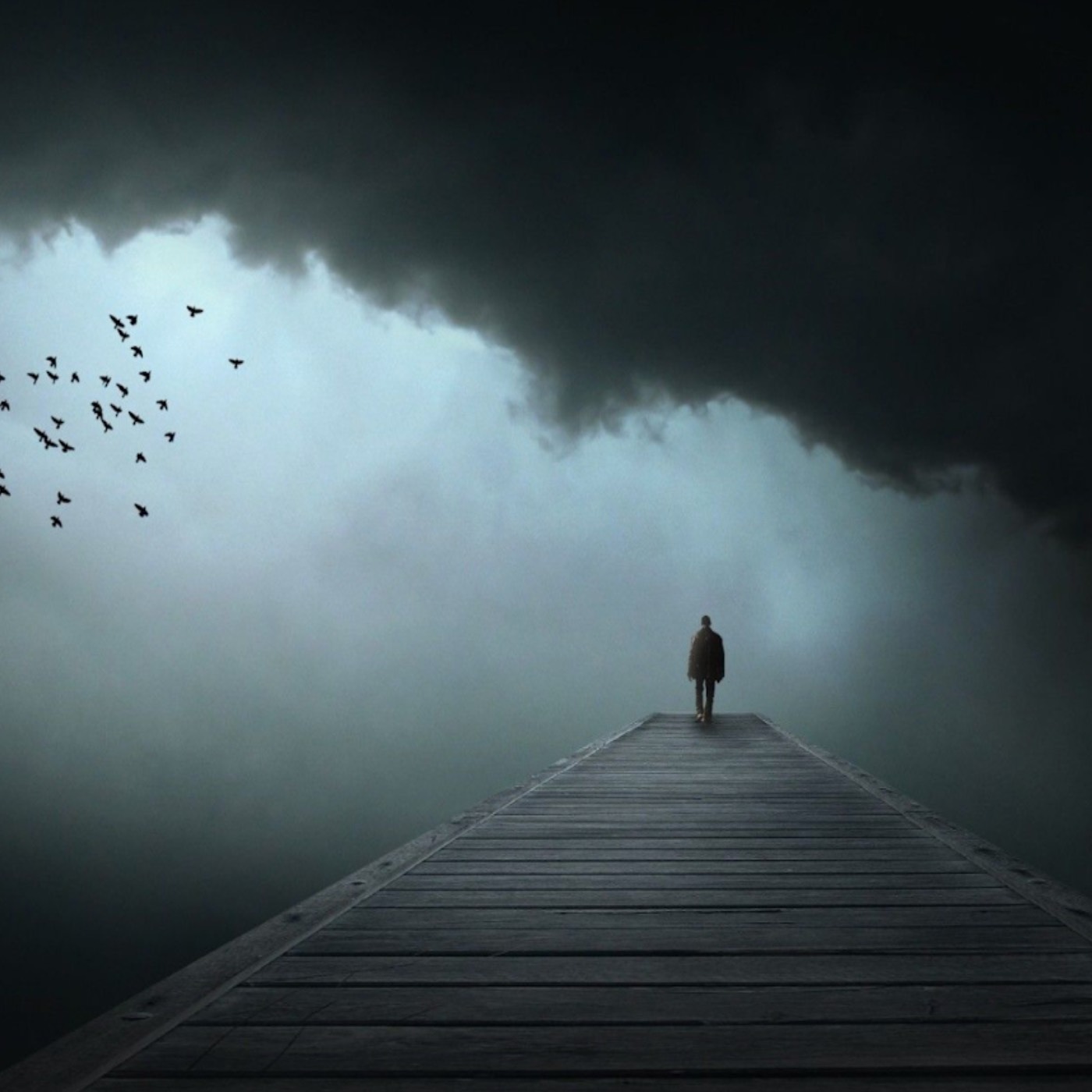

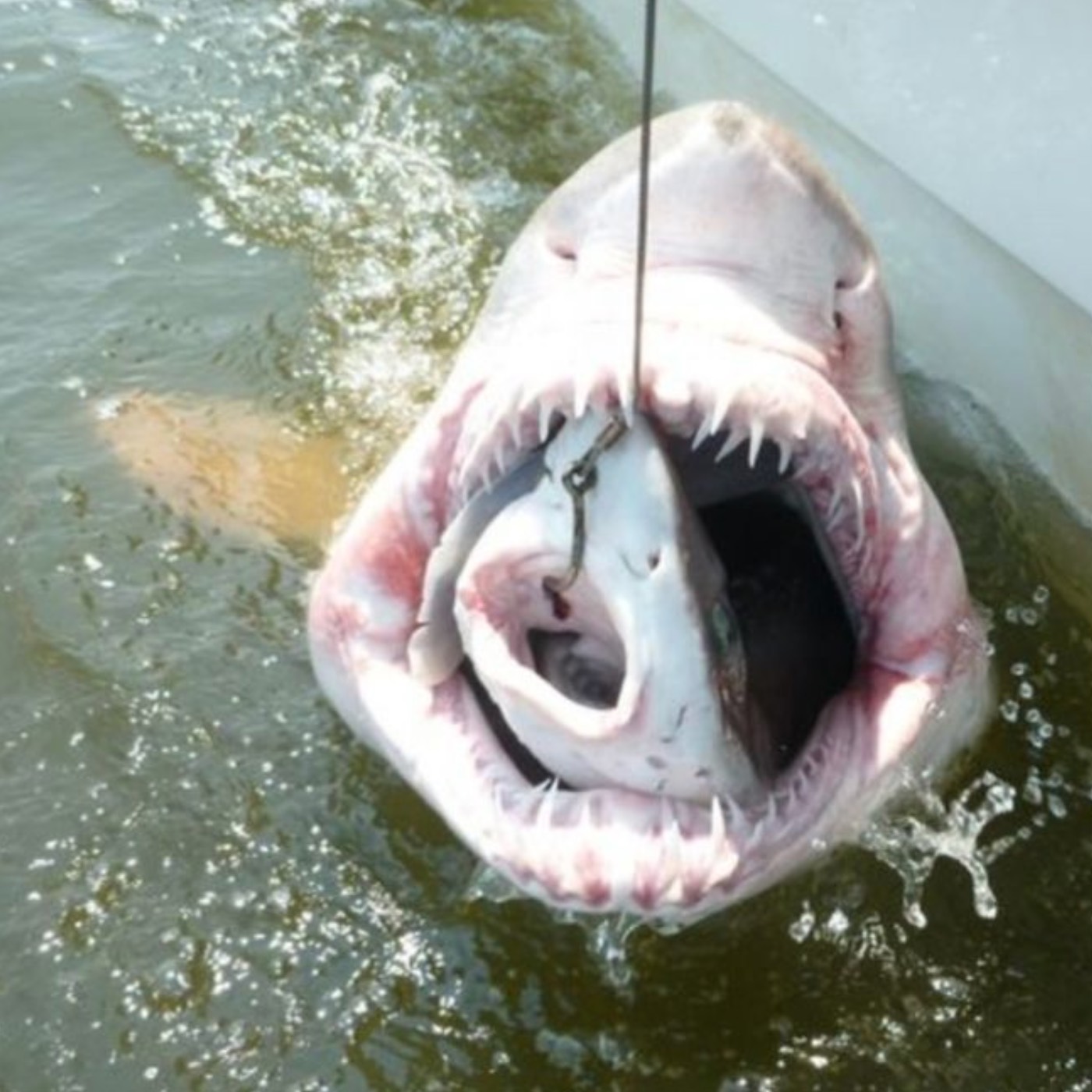

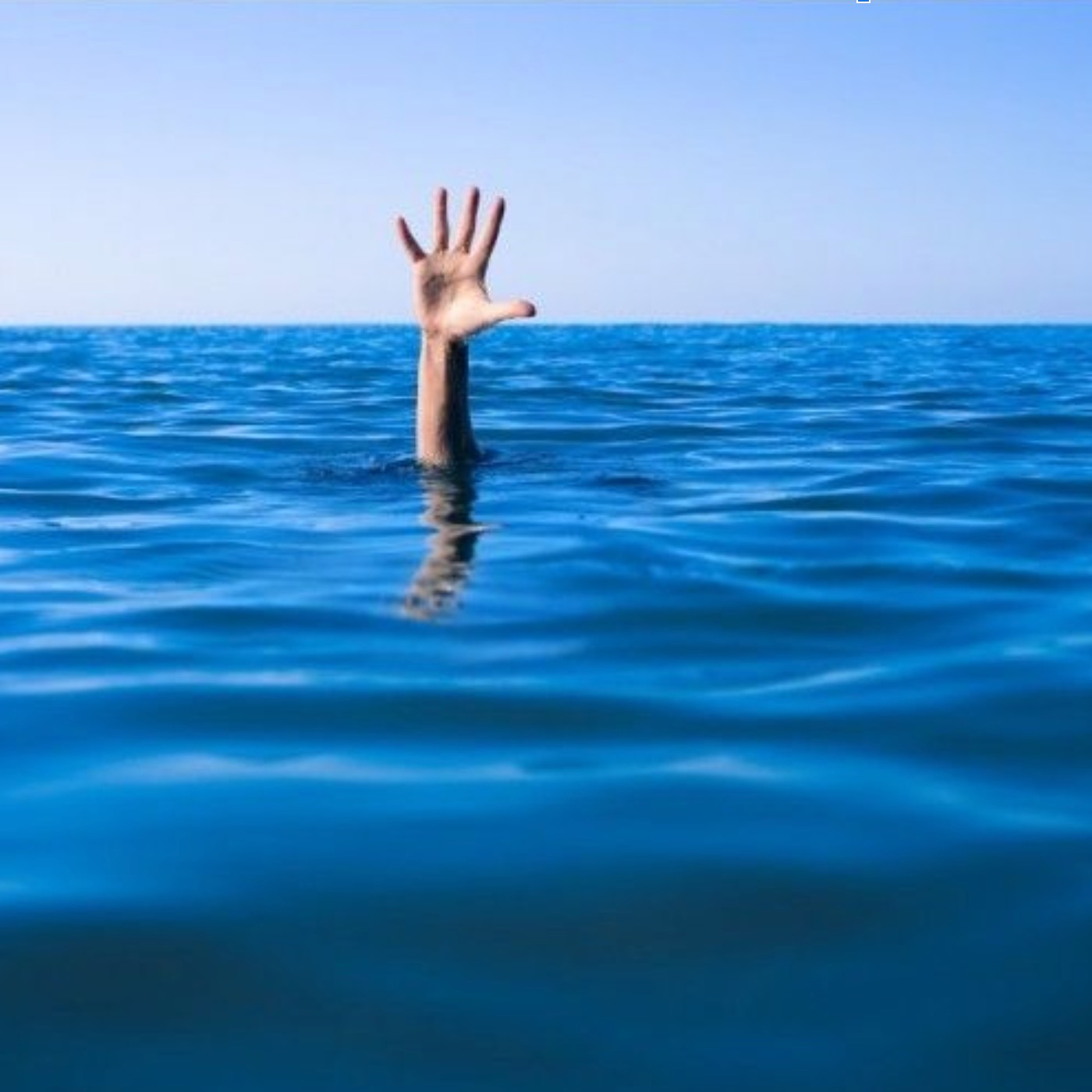
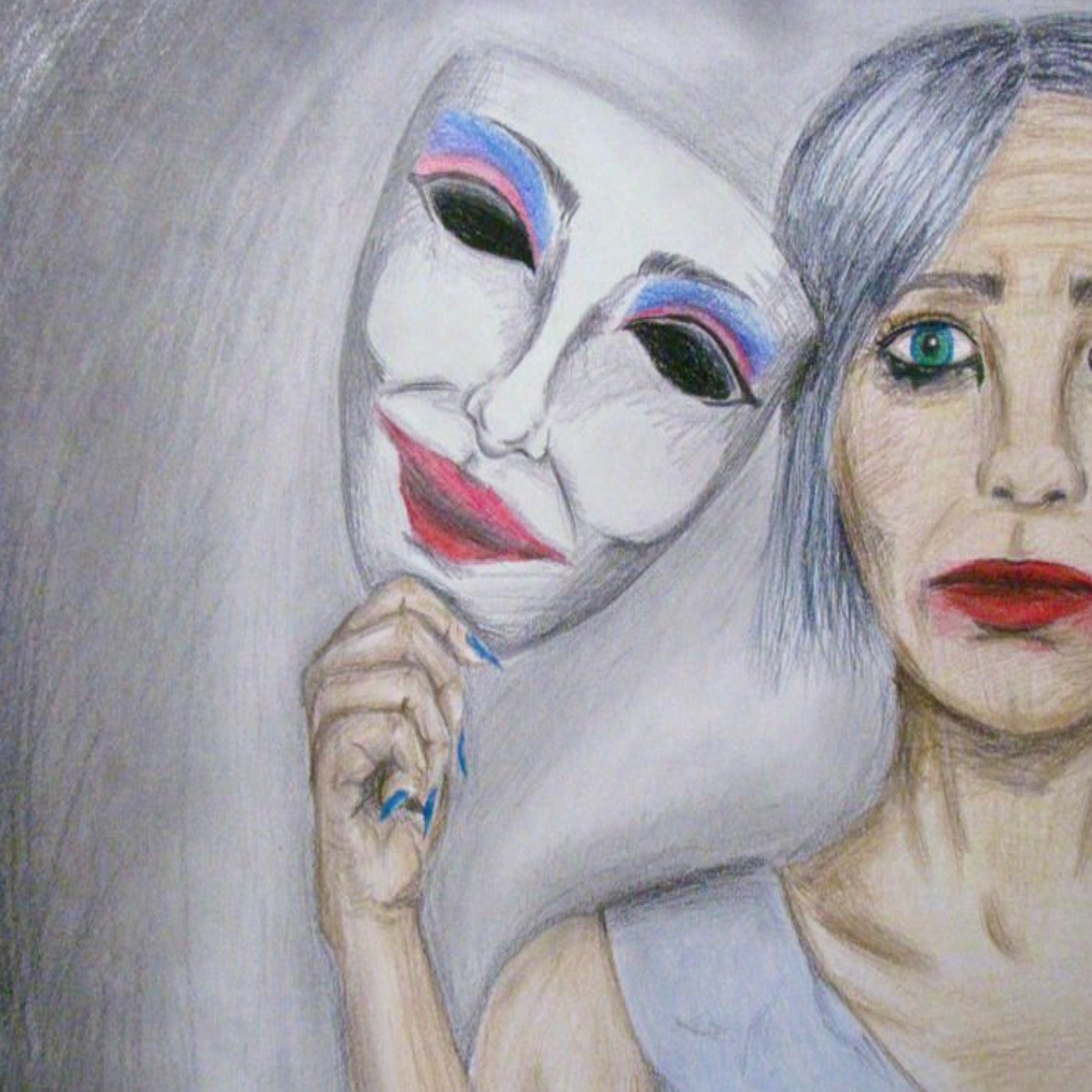
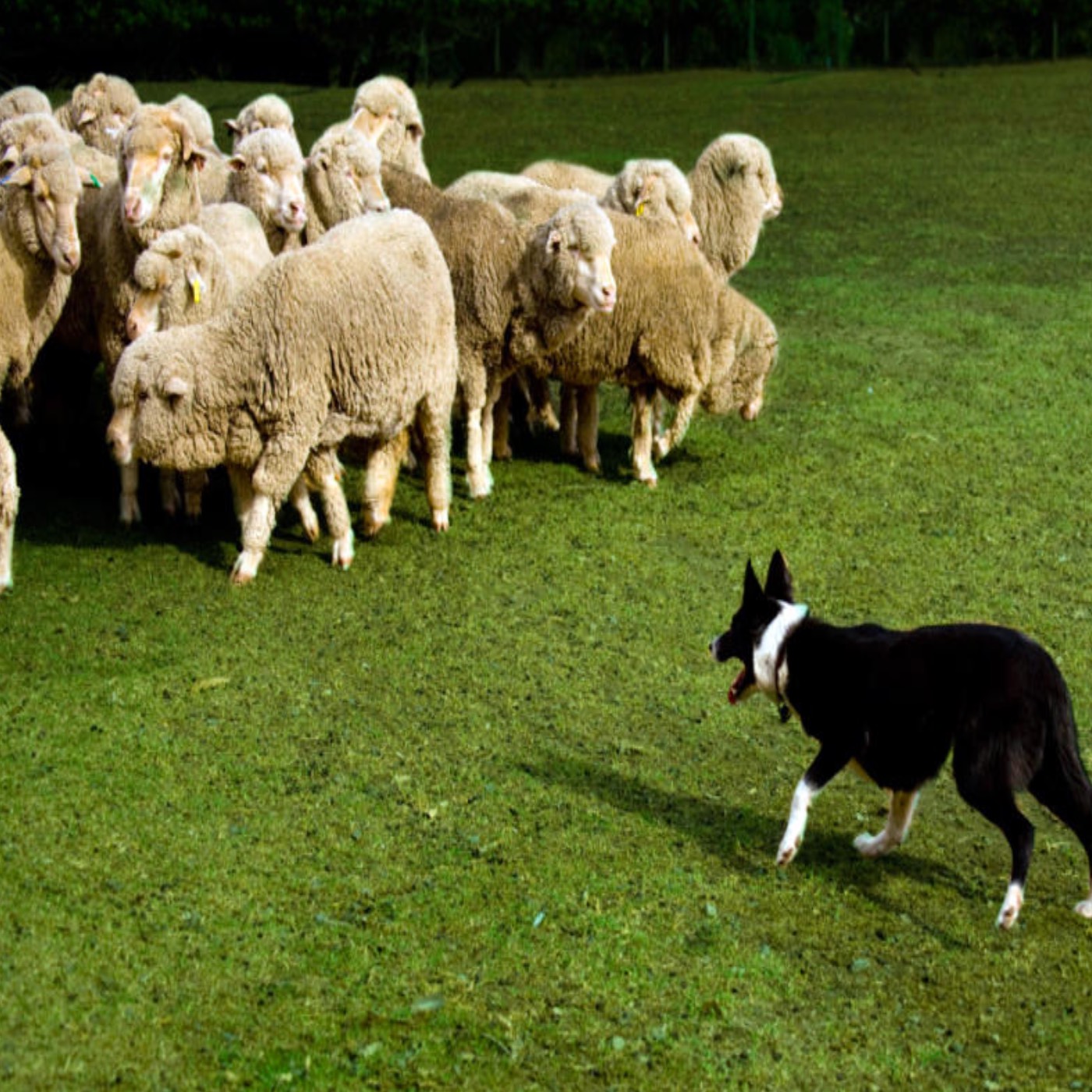
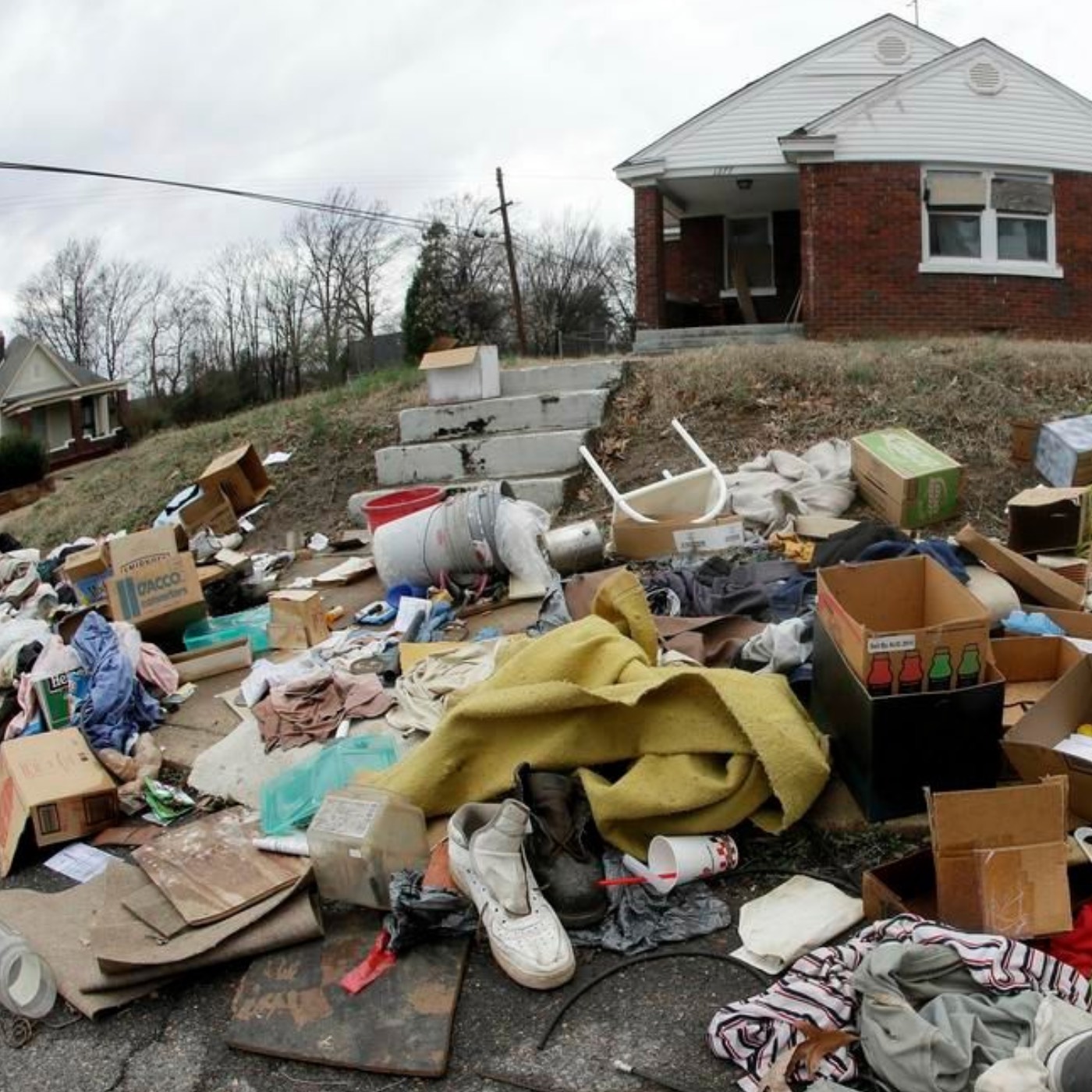
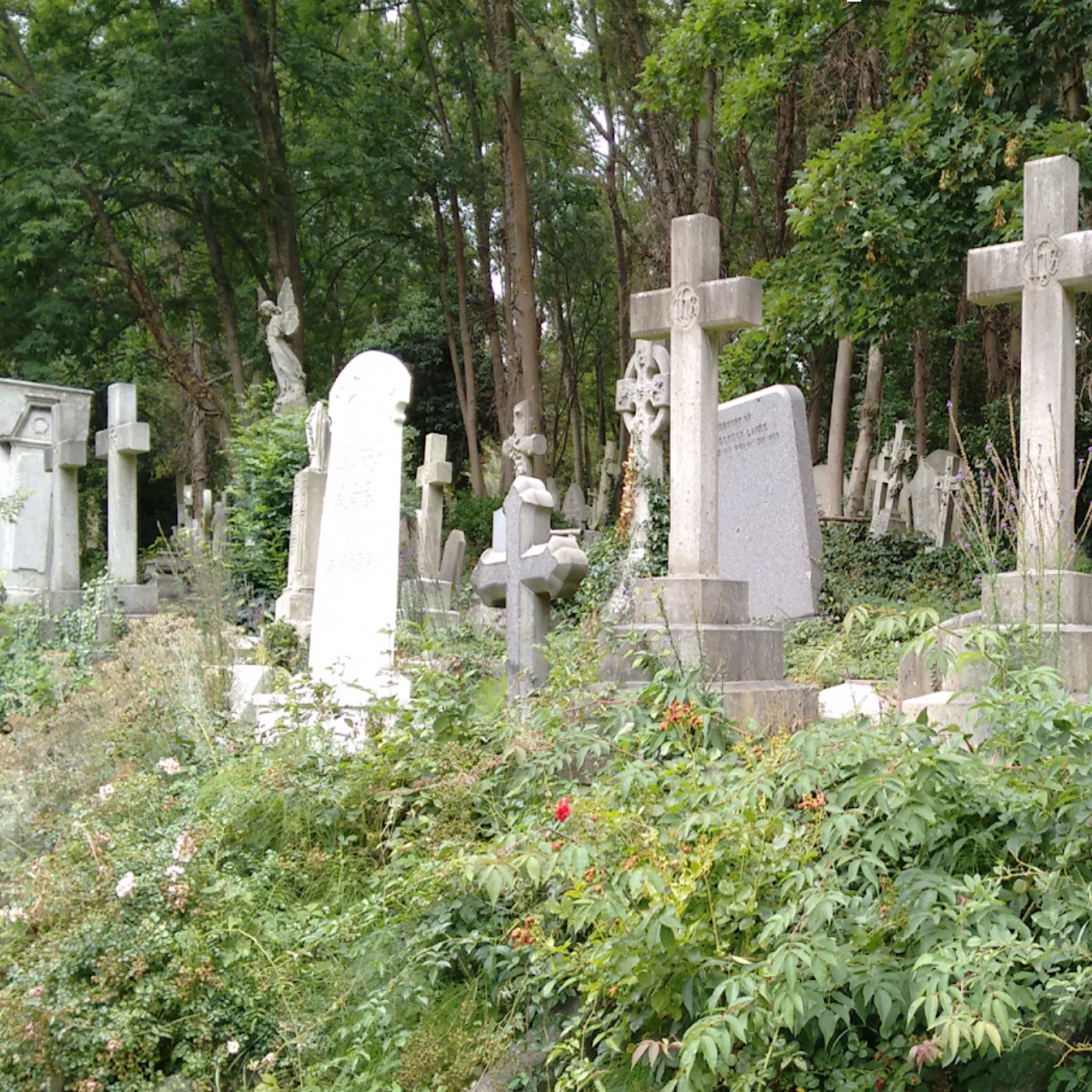
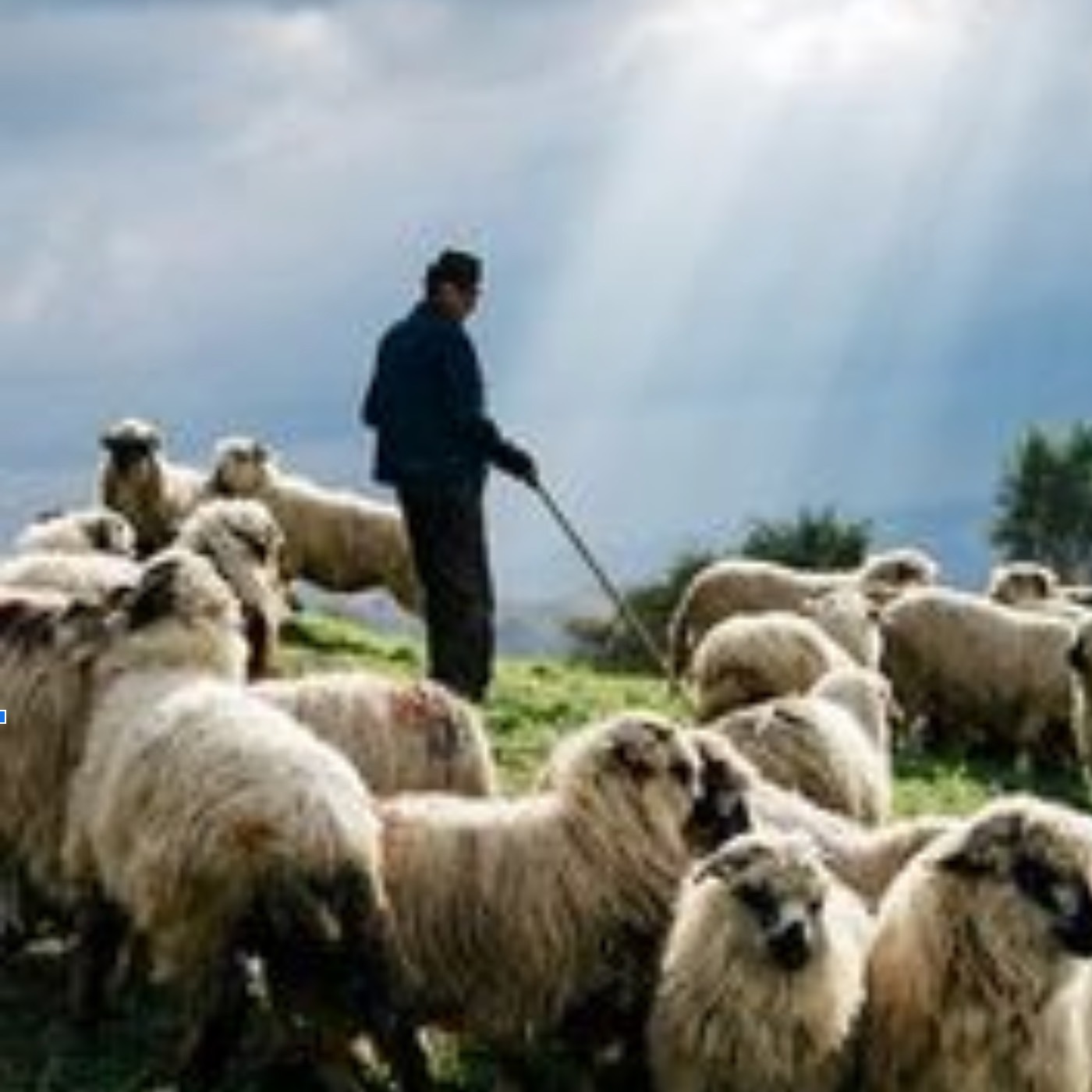

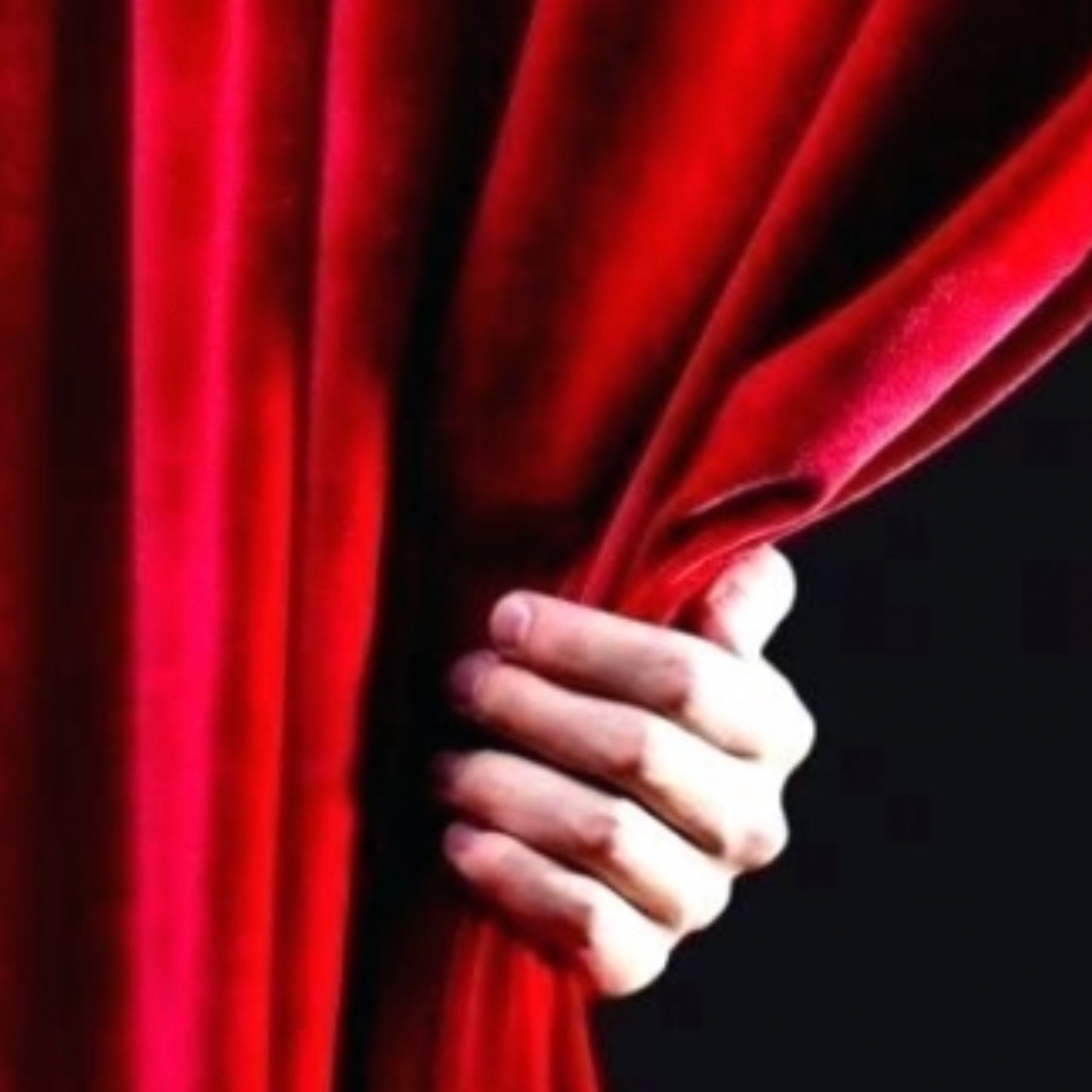
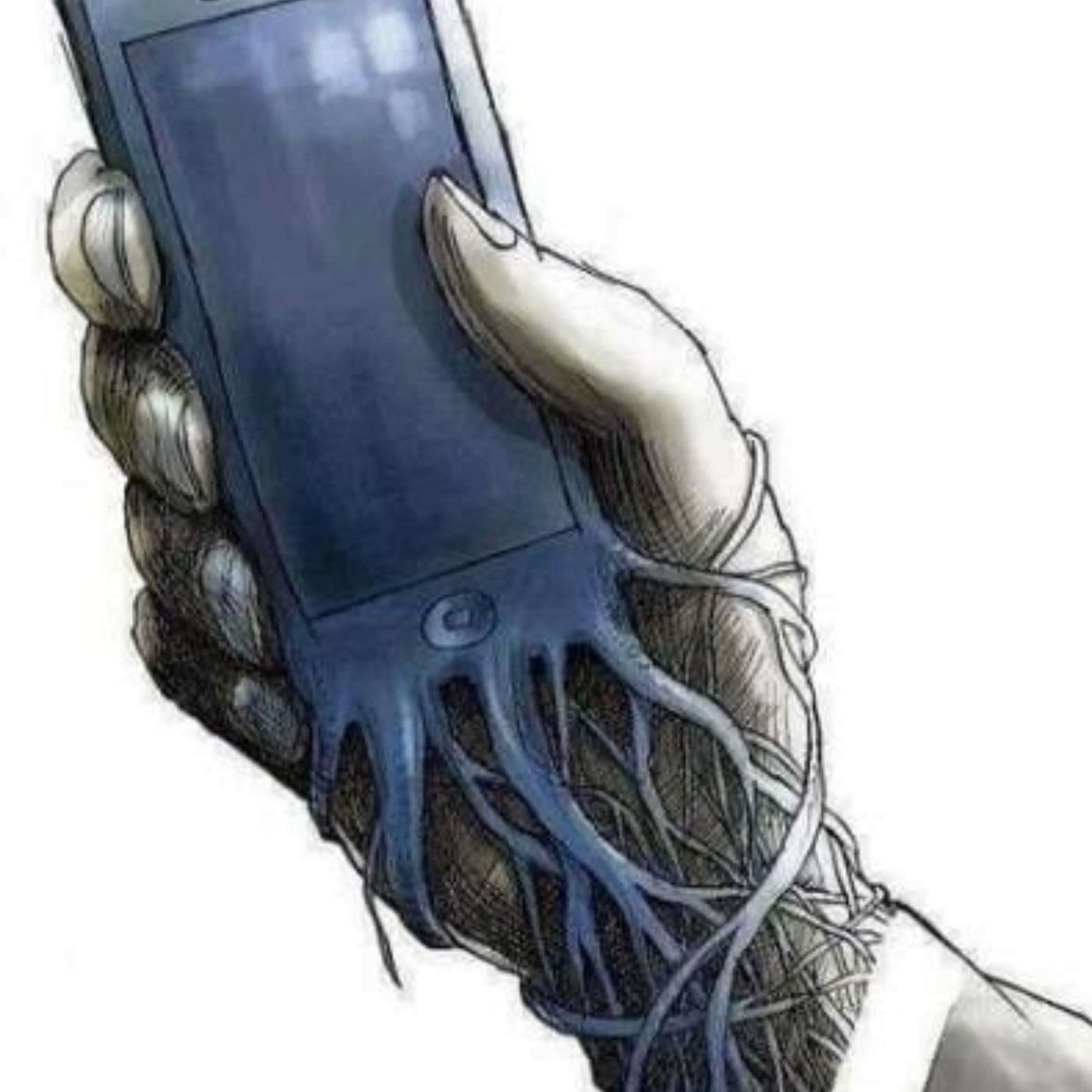
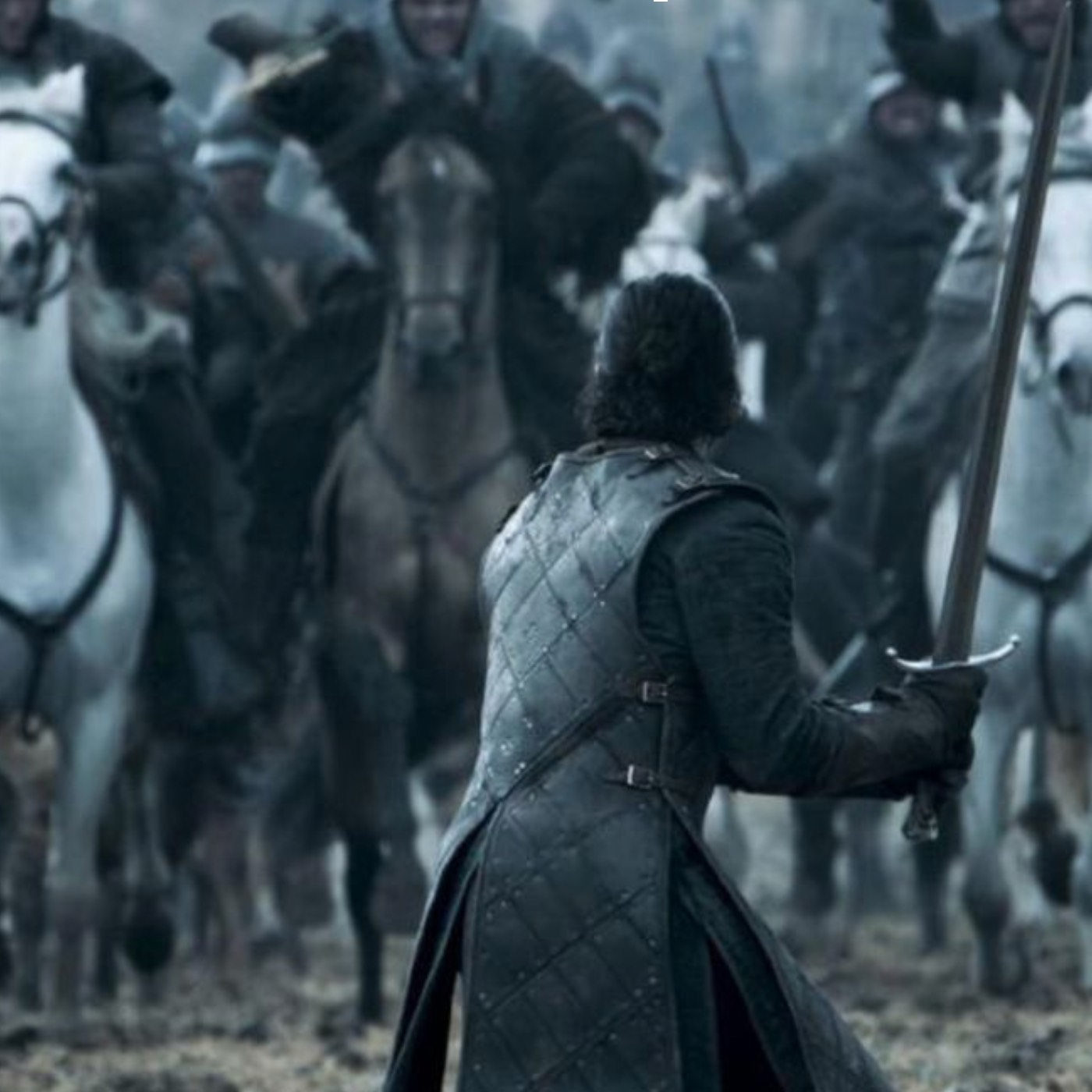
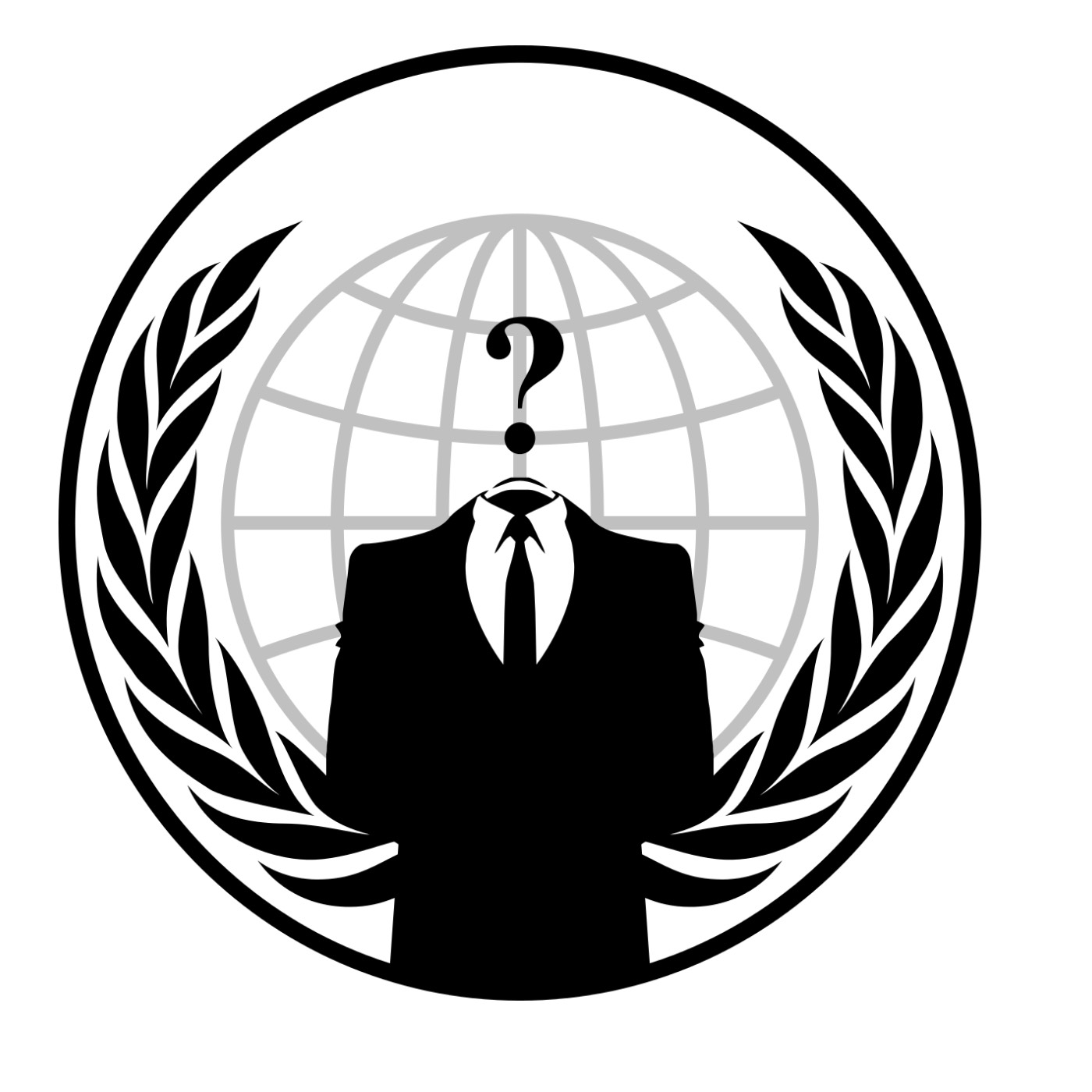
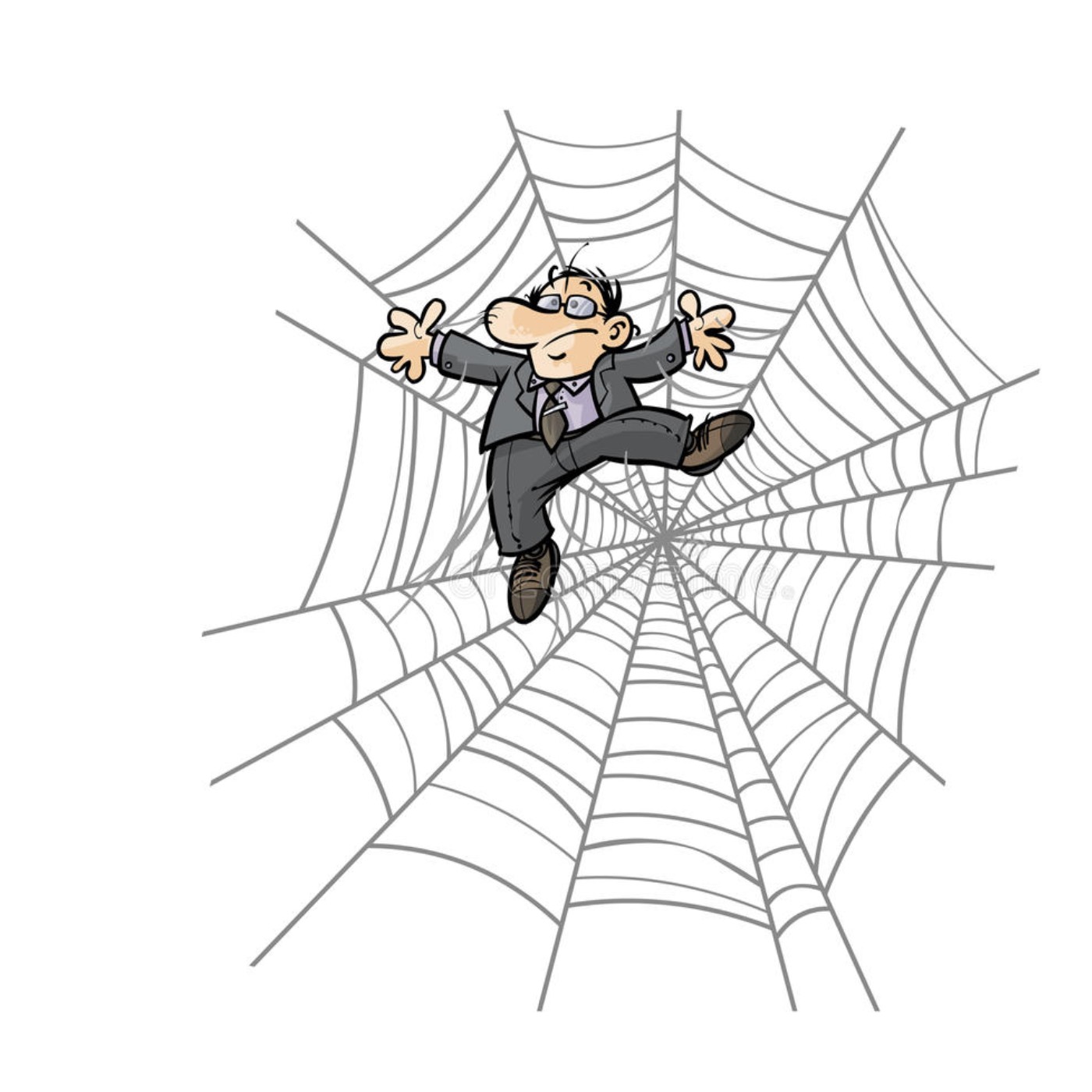
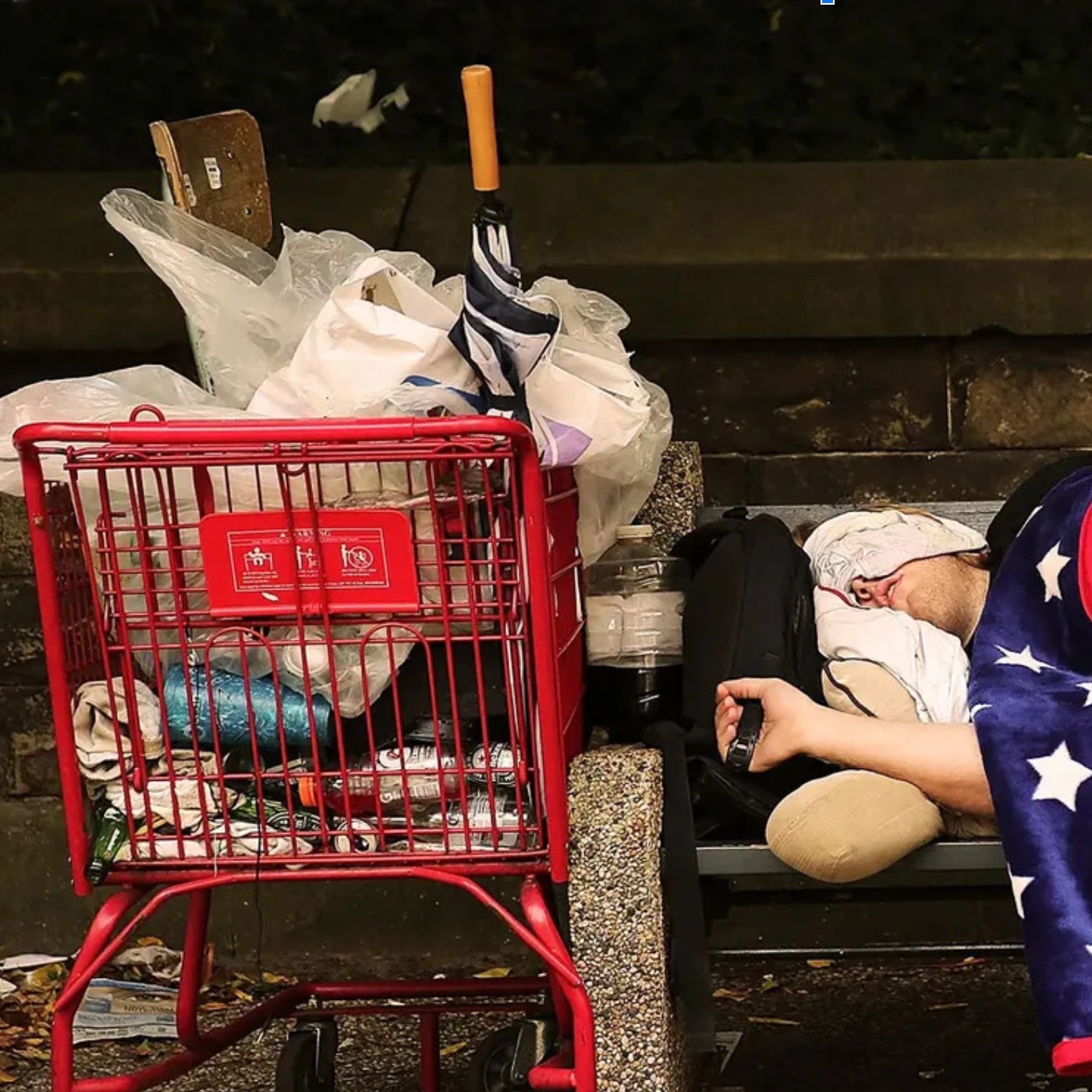
Despite all this… there is still some hope…
- Most people believe that truth exists.
- About half of our respondents believe that absolute truth exists.
- And over half of all respondents believed that Truth is backed by an unwavering
- Moral Authority like God, natural law, or some other rightful force.
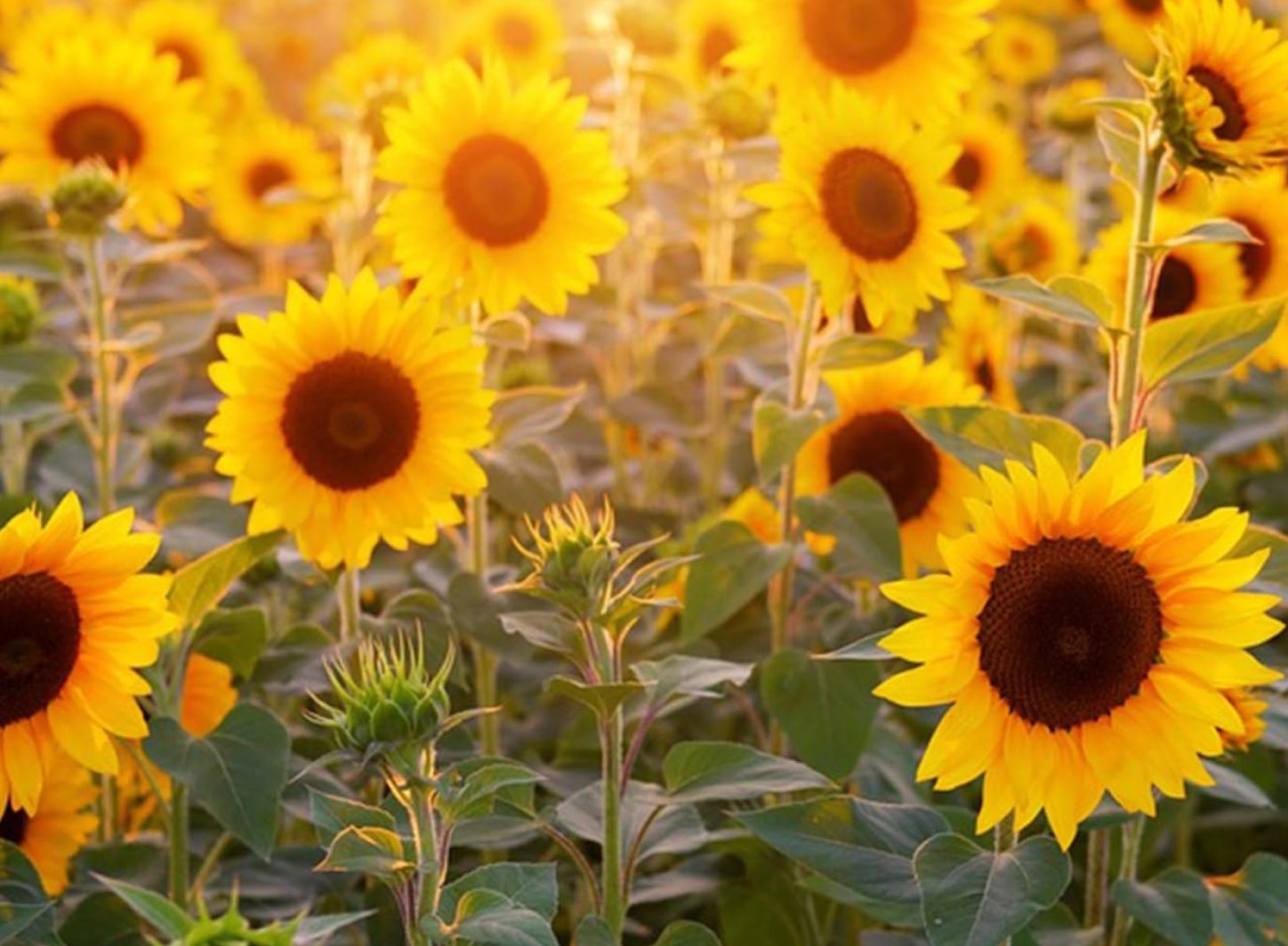
And the stories we tell the next generation matter.
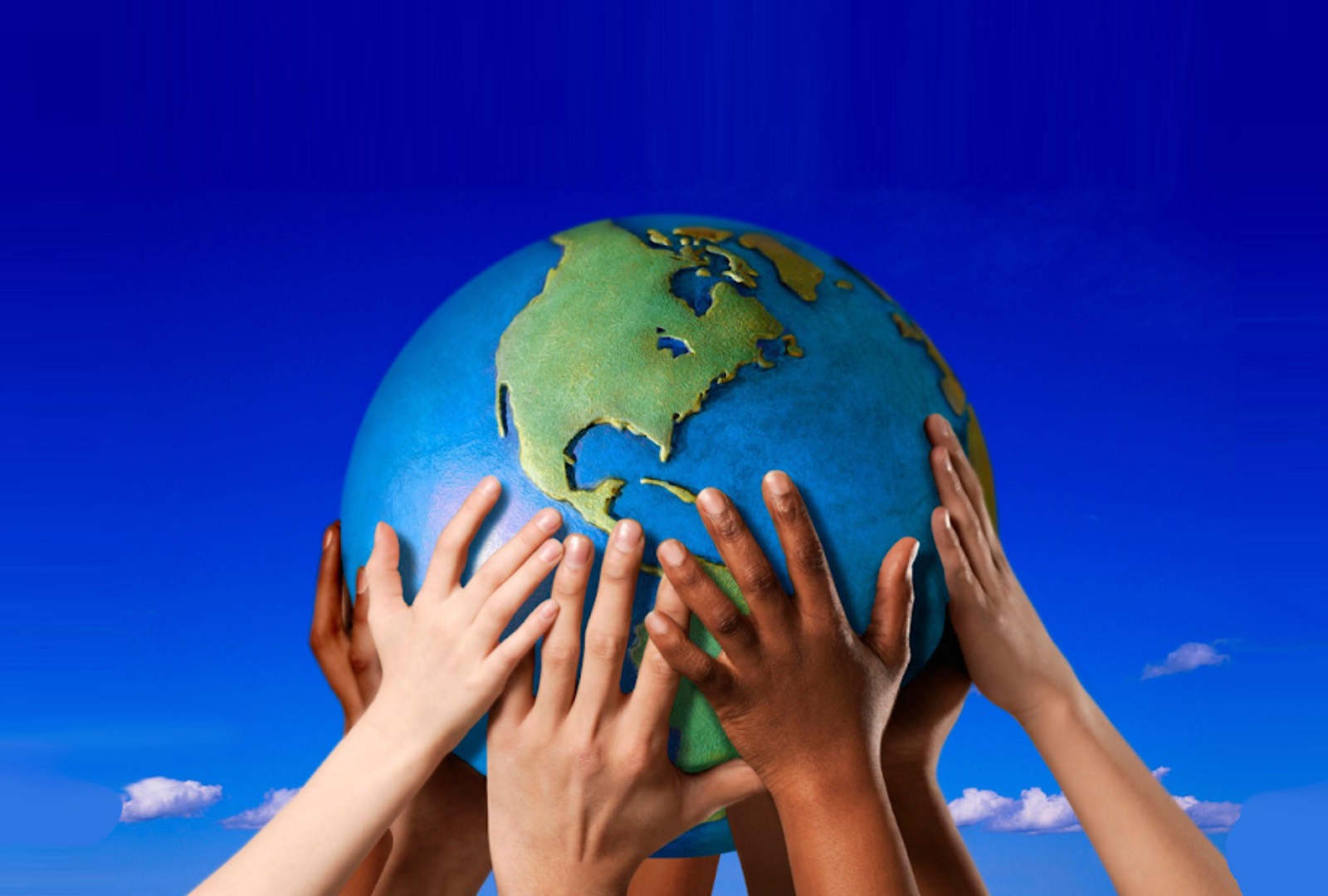


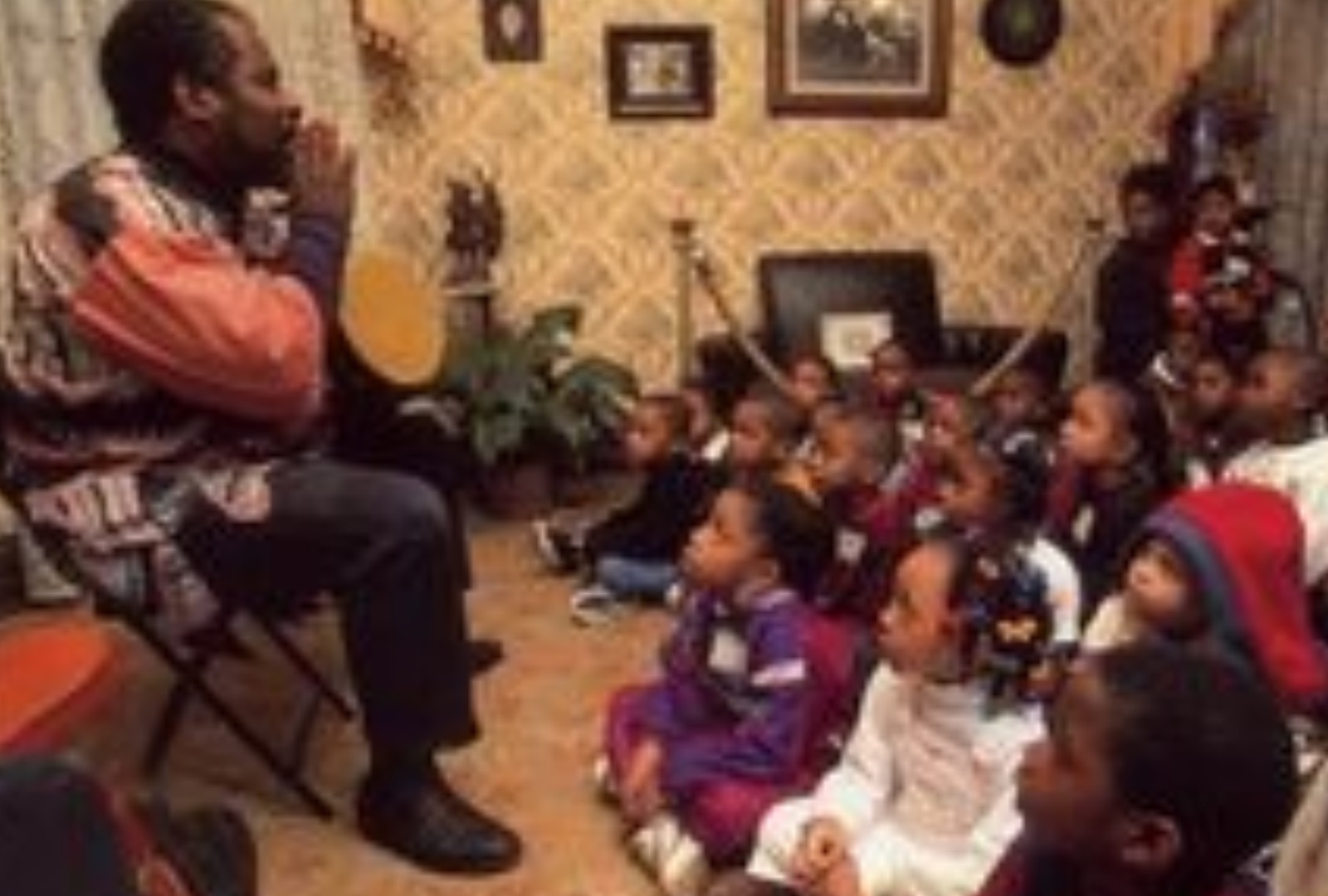

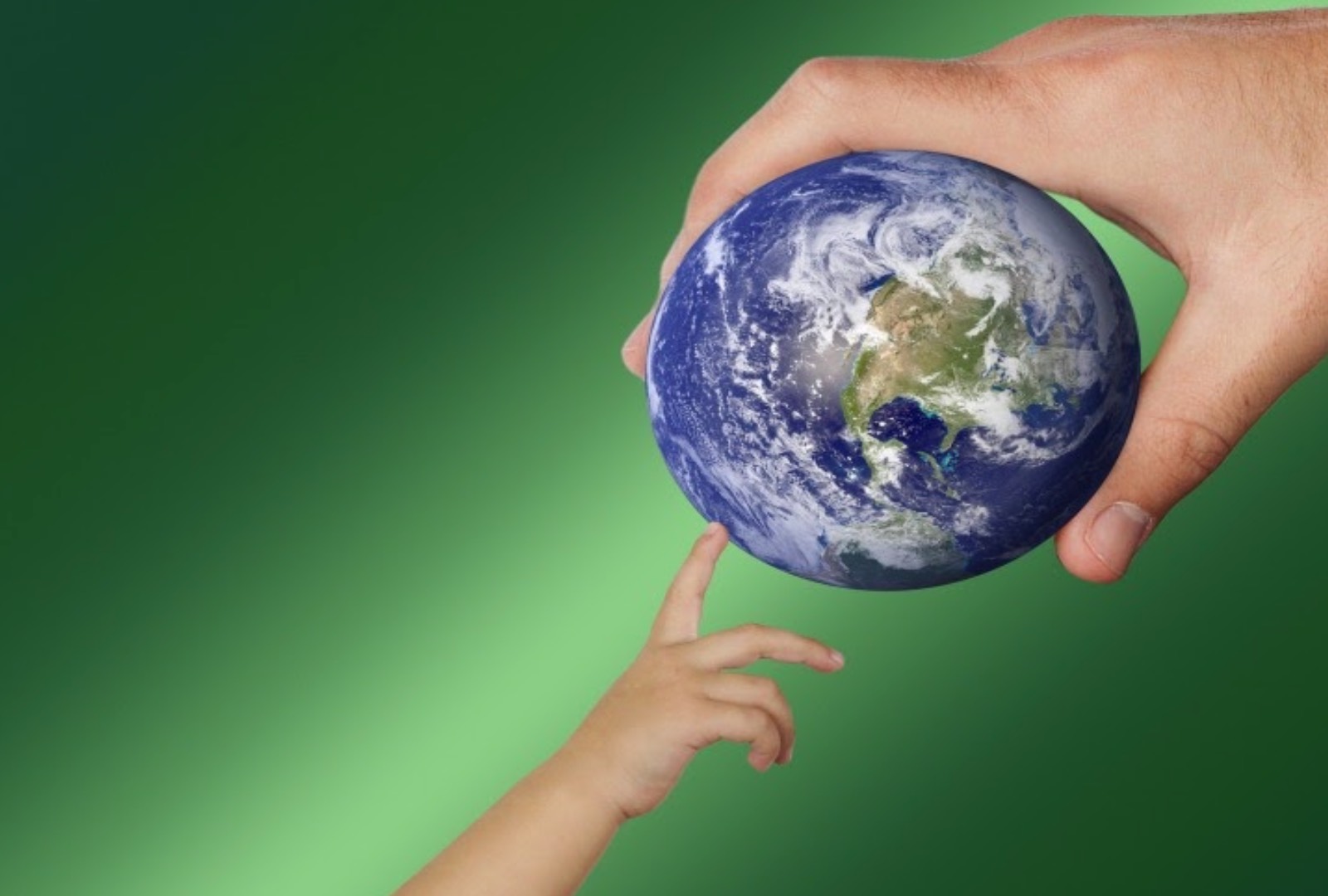
For those who make the choice to embark, it’s usually because of…

Corruption
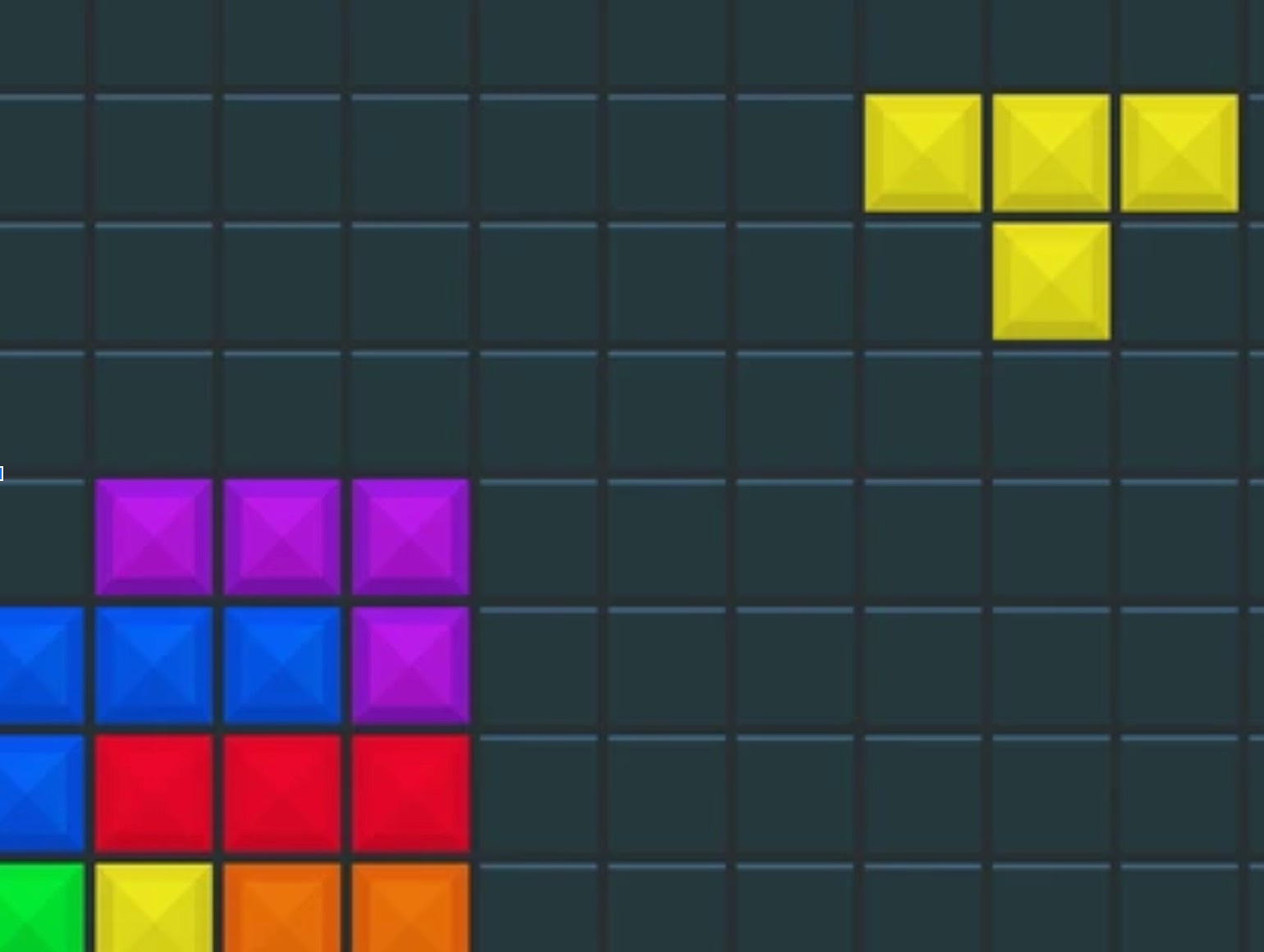
Incongruence
A disruption in the pattern of what they expect — with what they believe and their own belief system or lived experience
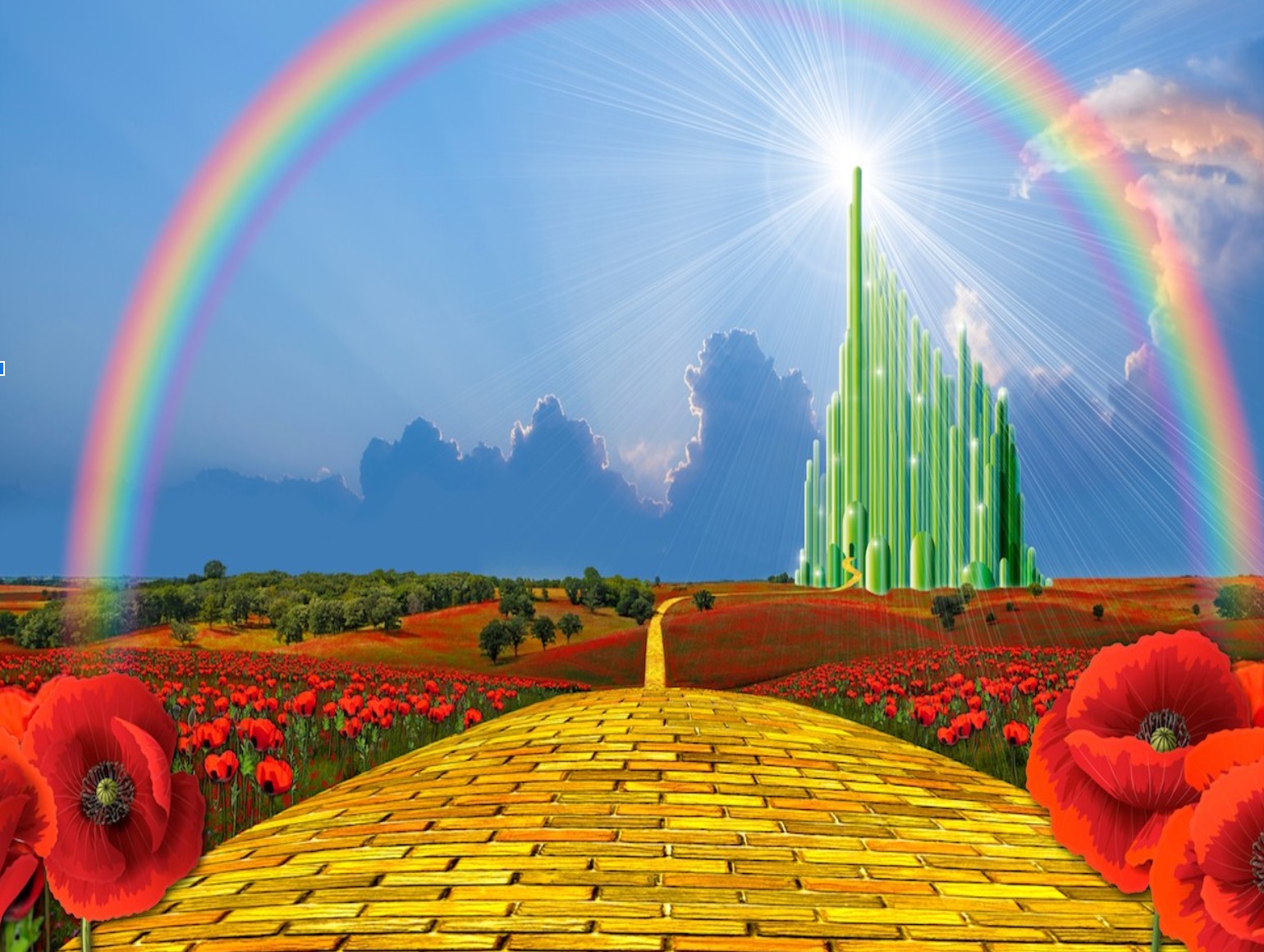
A new perspective
They change their context — physical and/or otherwise — and start seeing the world differently
But for many (usually loyalists), there’s a stopping point on the journey…
“I’ve been conditioned to at a certain point you just take it as that’s it. At a certain point, it’s no sense in continuing past a certain point. Because I think at a certain point… what you’re trying to get to just gets distorted and… if it’s actually the truth finding mission or fact finding mission, it can actually turn into something else bigger than what you were asking for, and I think sometimes we just don’t want to go those places.
Once you think you’ve honed in on one specific thing on this, this image is not what you thought it was. It’s just so many other things to unravel once you pull that thread. And so it’s a version of the truth, it may not be the total truth. So this is a stopping point. If you can get to the split, stop there.
I think the truth in this path stops right before the split. If you stop at that point, I think that’s where you get the most truth, because I think past that point people have to make up or give you what you want to hear, or what they think you think that’s the truth. I think it definitely gets distorted after a while. I know for me it did. It just kept getting convoluted to a point where I started questioning my own truth, like “What did I really see? What was that really?” So I think it stops right before that split.” Naronda, Loyalist
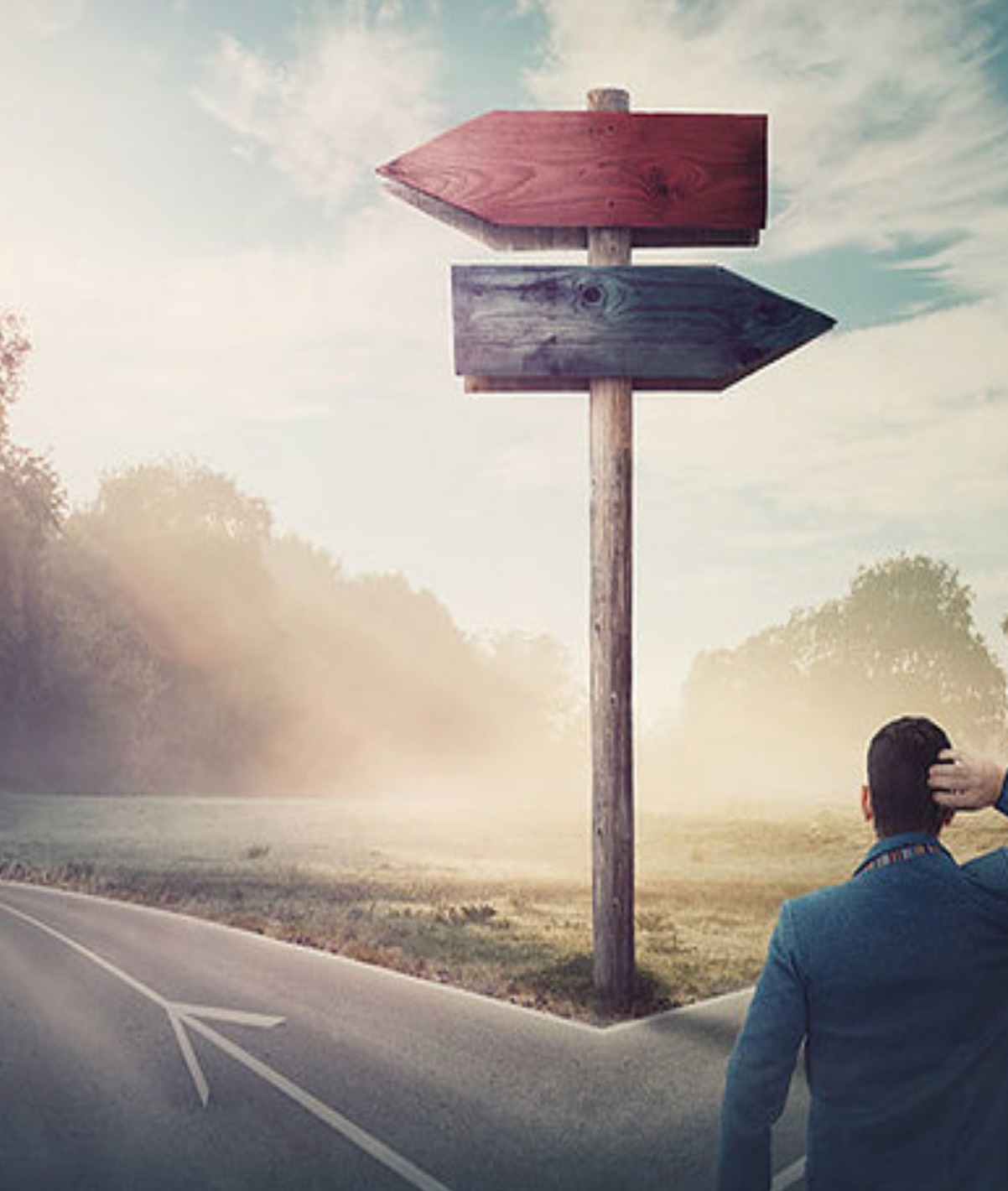

But you see, there’s a cost to all of this…
“If someone were to say, tell me some information about one of my dogs or something, then I would think — is this important information that I need to know that may help me in the future? And most likely, anything relating to my dogs would be important. So then, I would move on to my next step. Whereas if it was something saying, like, “Your mom’s ugly” or something like that, I would just say, give it a second to say that was really silly and not even worth giving more thought or responding to. I’ve learned to treat my energy like a currency and I don’t want to waste too much of it on silly things…I don’t have an unlimited amount of energy to do research or spend so much time processing everything. So, in order to save that energy for what’s important, my first step is to figure out what is even going to be worth using that energy on.” Andy, Loyalist
There is a risk to being wrong
“You have to be willing to hear the facts and be willing to admit you’re wrong, but you can’t hesitate because then you kind of dig yourself in a hole. You have that defensive reasoning, and someone’s telling you all this stuff and you’re defending it. So then at the very end, if you end up flipping, it’s like, “Well, what was all that stuff you were talking an hour ago?” I think the only way [out of the hole] is to just admit you were wrong, and flip to the other side. It may be hard, but that’s the only way you can get the truth out, especially if you’re going to pass on more information to other people. And at least now you will have all the facts.” Oshea, Convert
“I didn’t understand [Black Lives Matter] and I was judgmental, like a lot of white people. But I’m like, I’m going to do the same thing for for Black Lives Matter. I want to investigate, to see what I can find compared to what is being displayed to me in the media. And I was listening to stories and it wore me down. I had to take a couple breaks from listening and reading some of the stories just because they all ended death or violence. The feelings I was feeling… And then I had black friends, who they’re like, “Yeah the stuff that you’re feeling is what we’ve been trying to tell you.” And I’m like, “Oh my god, I get it. I feel so bad and I’m so sorry that I didn’t try to do this a while ago. So I admit that I was wrong and that I don’t understand but I’m doing my best.” Ashley, Convert
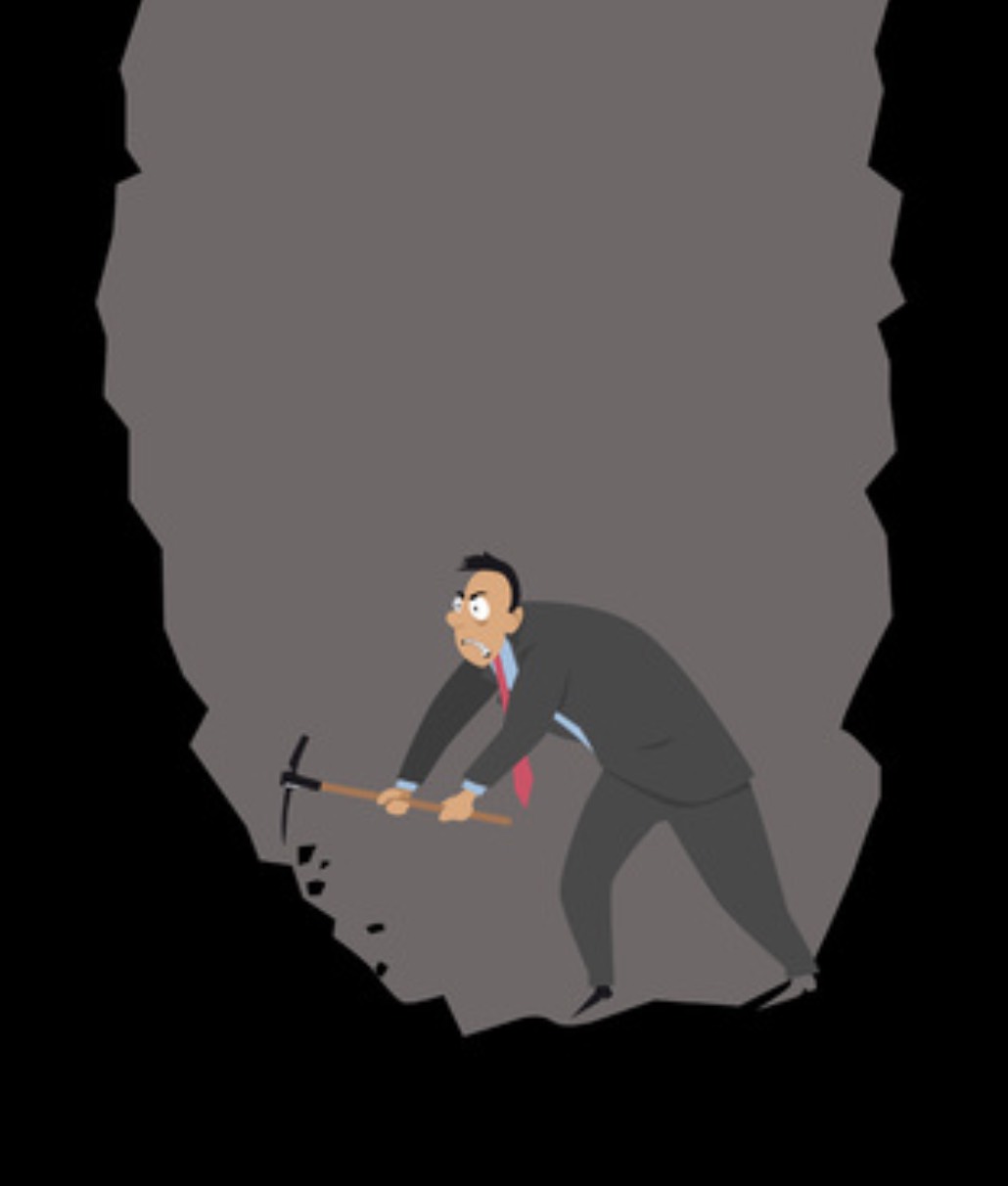

And a risk in taking a leap of faith
“It represents reaching for the truth. It’s out there, you just gotta reach for it…Right now you can’t find the truth because there’s so much, just like the water, the space, the air. It’s vast — you have to really reach and try to find it…I always try to research stories that I have questions about. To me it’s like just grasping to try to find it…If you believe everything you hear, you’re not informed. Because like I said, there’s just too much propaganda out there. You just have to keep searching and you just gotta keep reaching to find the truth.” Cindy, Convert
Reorienting ourselves to the truth
“You spend your entire childhood being told this is how your belief should be, this is what you should do, you don’t do this, so on and so on, and then you just… You get to the point where you’re like, “Okay, some of that doesn’t make sense,” you start, “Okay, maybe I’ll go a different way for once…” Just like on a roller coaster. When you go over the peak and circling down, you get the thrill, and going up is the anticipation and the what if… that’s exactly what it felt like.” Erin, Convert
“I’m just trying to figure out what’s right and what’s wrong on the news. I compare about five, sometimes more news sites trying to figure out who’s telling the truth and who’s not. You put on CNN, they’re saying one thing, FOX says something different, completely the opposite of that. Even local news… One might tell me a little bit about this story and then the other one will tell me more details of the story… I try to compare all the different ones and try to… put it all together to try to figure out what the truth really is… [It’s] like a rollercoaster, kind of up and down. You read one site and you think everything’s this way, you read another it’s the other way. It’s just like you’re going up and down, back and forth trying to figure out what’s really right and what’s not, what’s a lie and what’s true.” Bobbi, Loyalist
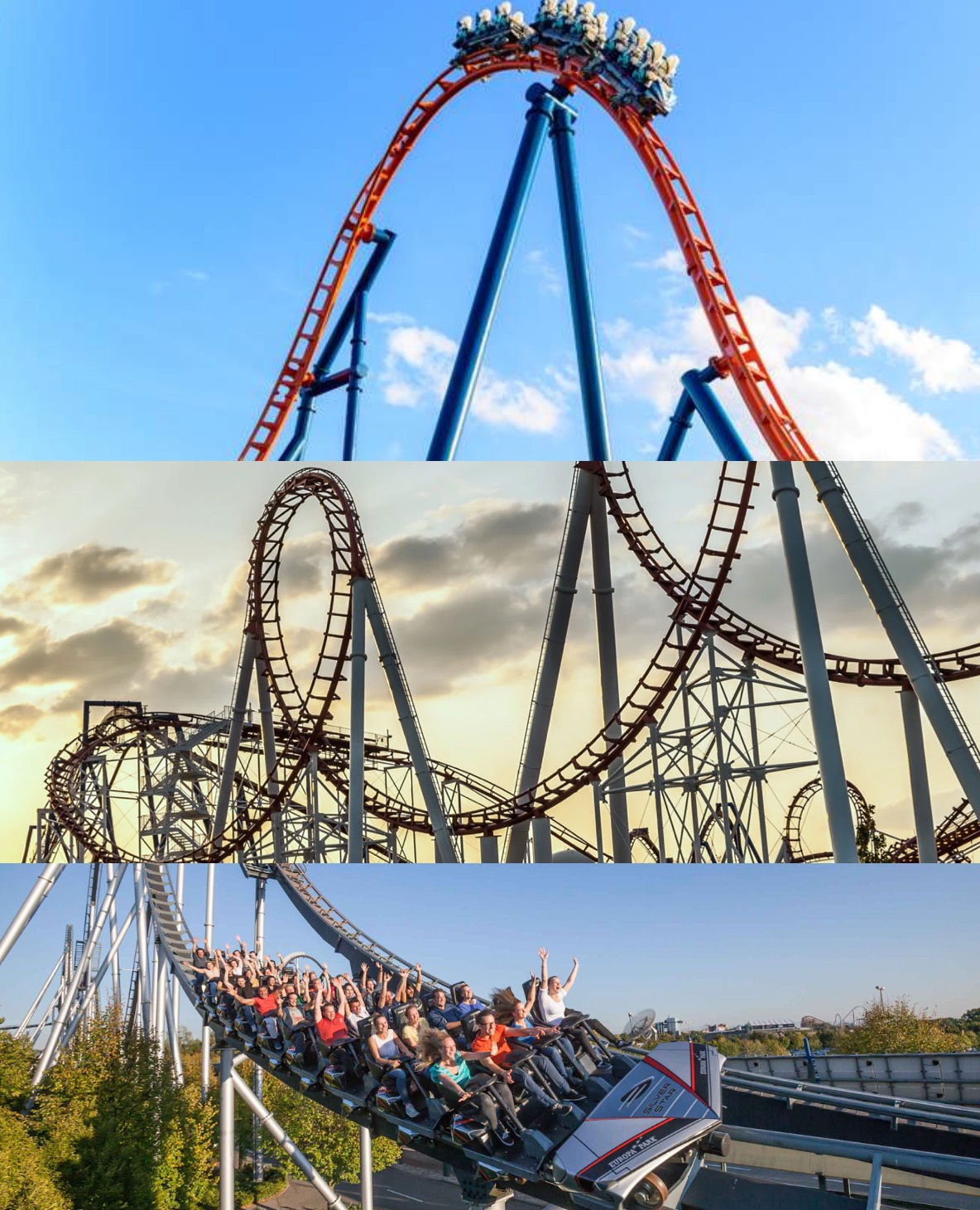

Breaking down the very foundation of what we know to be true
“So that wind, that’s that change. Because you think it’s a bridge, and you think, engineered, it’s structurally sound. And so, I have this foundation from my parents, and my mom is the strongest person I’ve ever seen on the planet, so [she] was my engineer that helped me build my bridge on my foundation. But then that wind starts coming through, that change, those differences of opinion, those things in life where you’re thinking, “Oh, okay, well I didn’t see that coming. I didn’t expect that.” And then something big comes through, and it shakes you to the core, and then your bridge collapses.” Theesa, Convert
Reorienting ourselves to the truth
“It’s a Japanese method of restoring broken pottery to make it more beautiful and more stable than it was before it was broken. And I feel like it’s a metaphor for my life because there were a lot of hardships when I was growing up and a lot of damage done to me as a little kid that I felt pretty broken when I was growing up, but… I was able to put the pieces back together in a way that made me a better person… I don’t think that the truth shattered my bowl, harmful people shattered my bowl. I guess my truth was what happened as a result of putting the bowl back together. That’s how it fits. The truth comes as a result of me putting the bowl back together… I’m still trying to do that, even now.” Annette, Convert
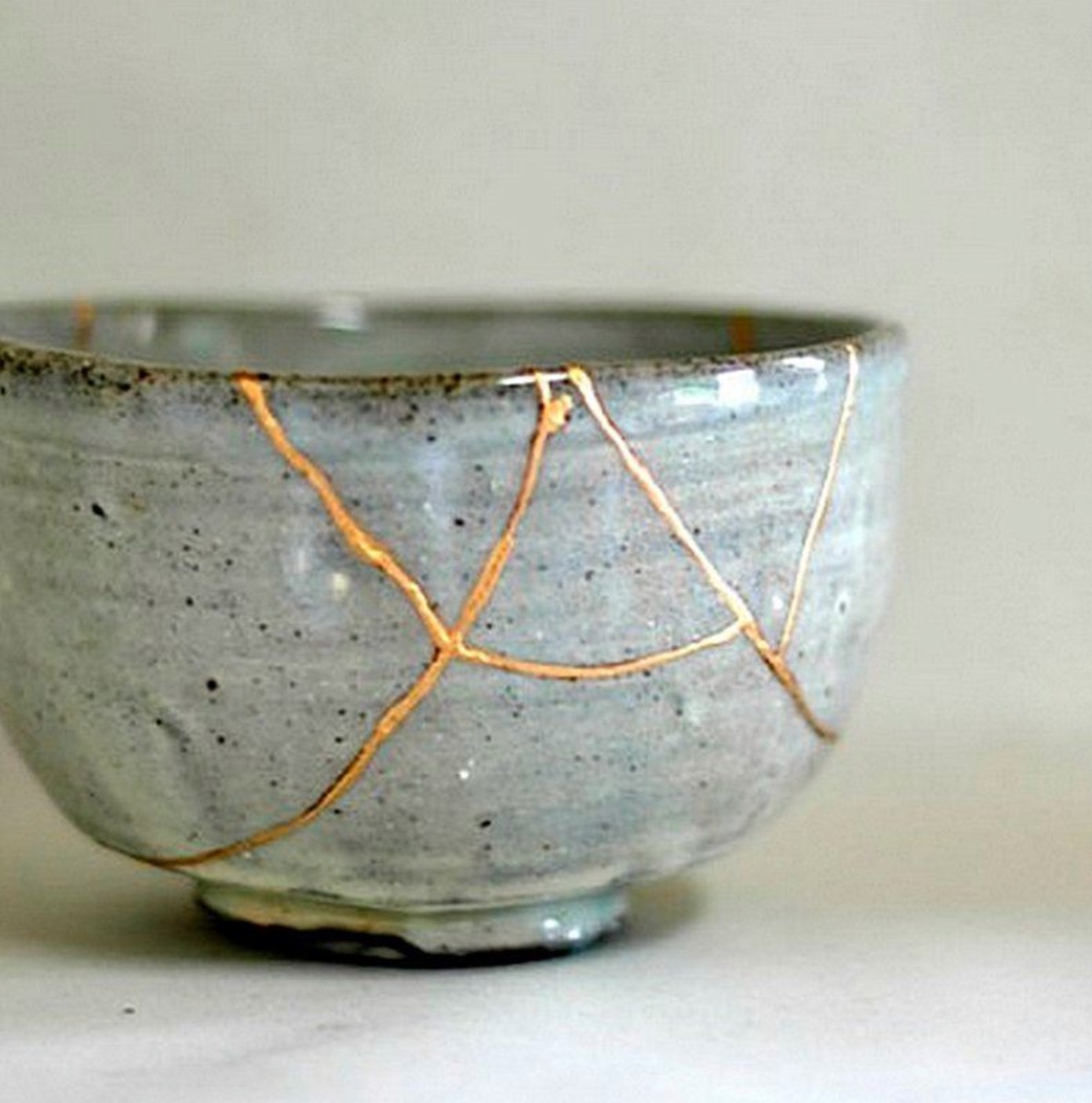
There are four anchors to truth
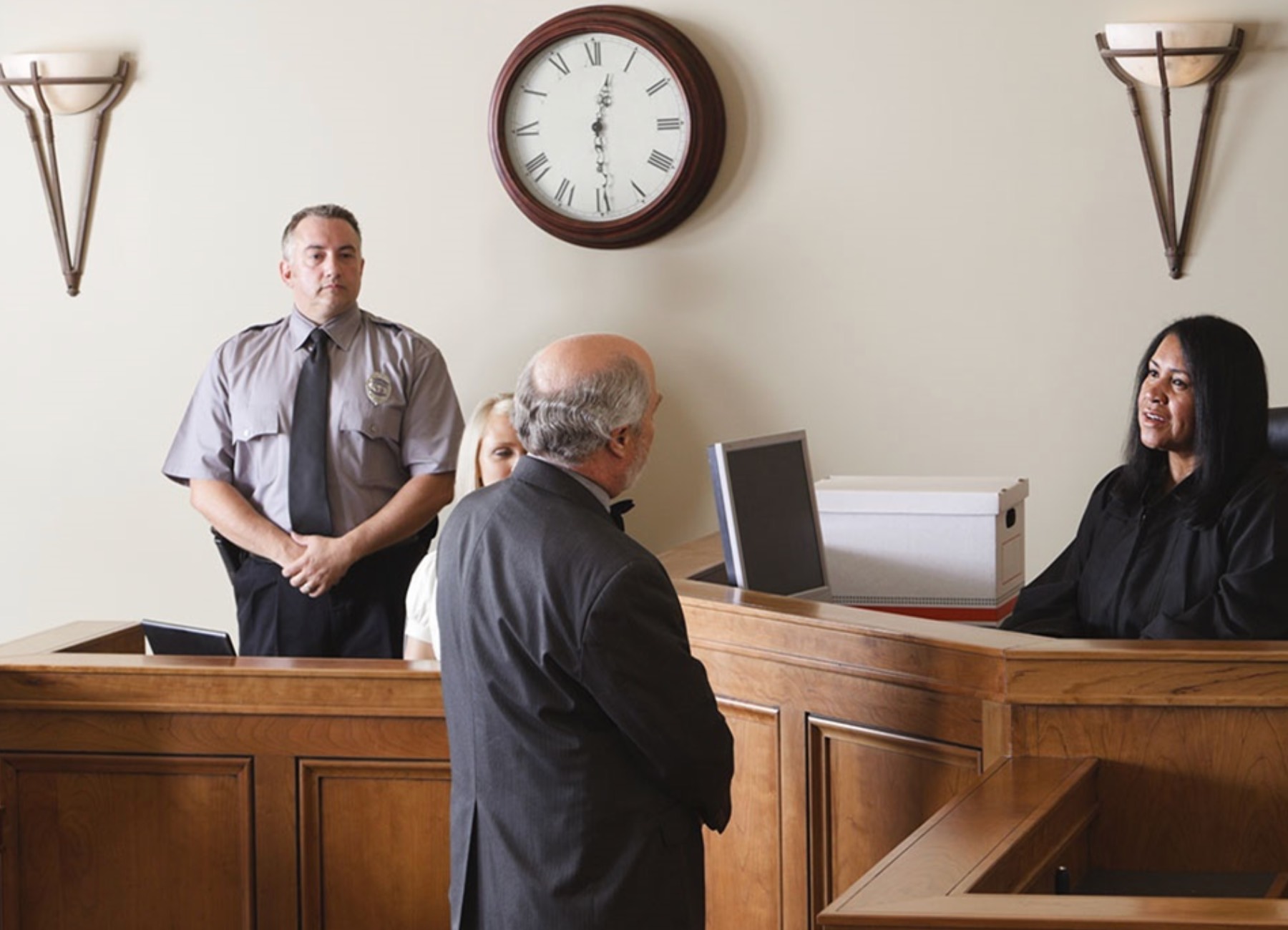
Cultural truth
Getting to truth through pre-established social mores or legal precedent. This is about being an insider, part of a community and following its lead.
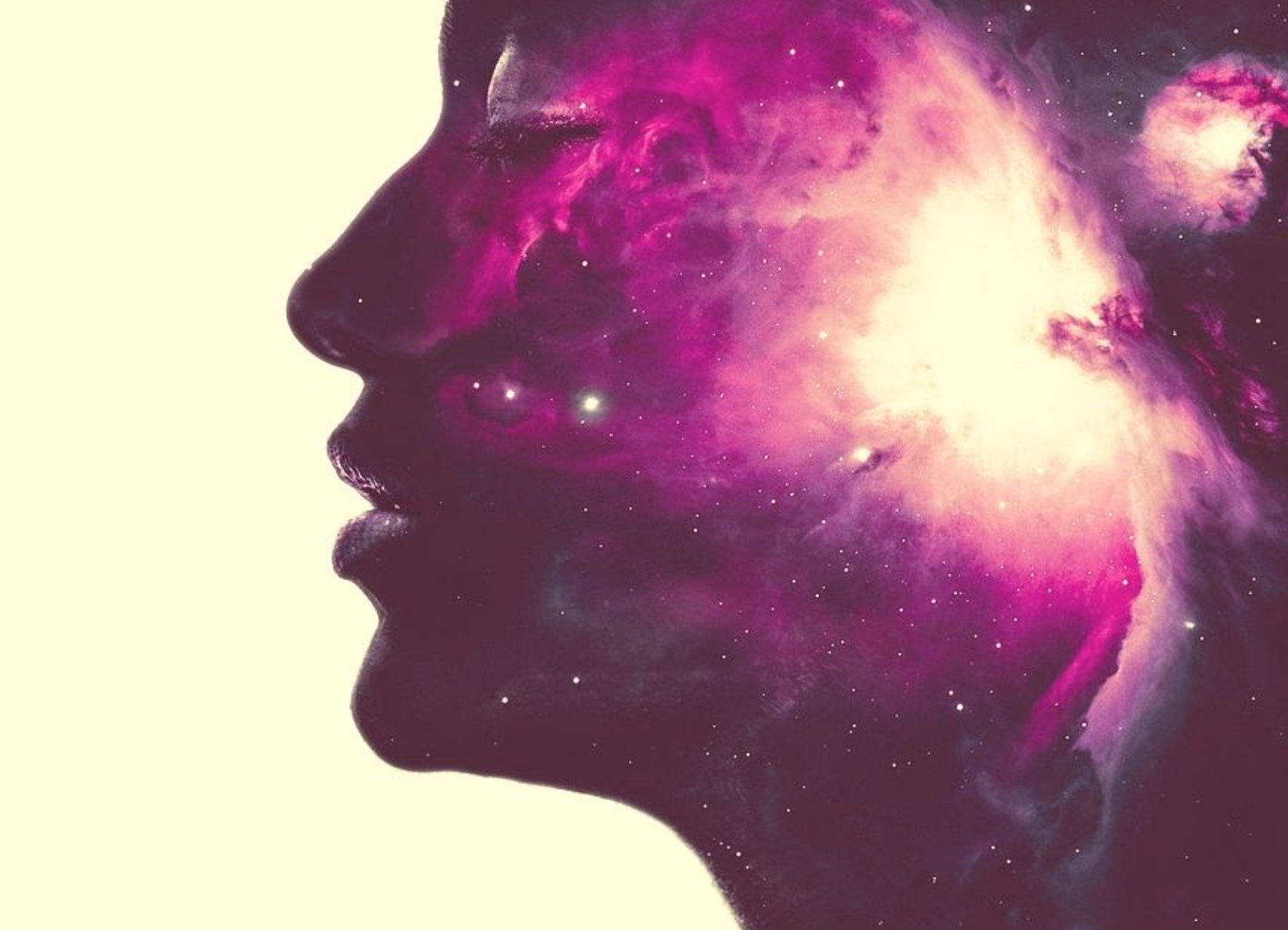
Reimagined truth
Getting to truth as an outsider, often oppressed, having to reimagine what truth is for you based on your own experiences.
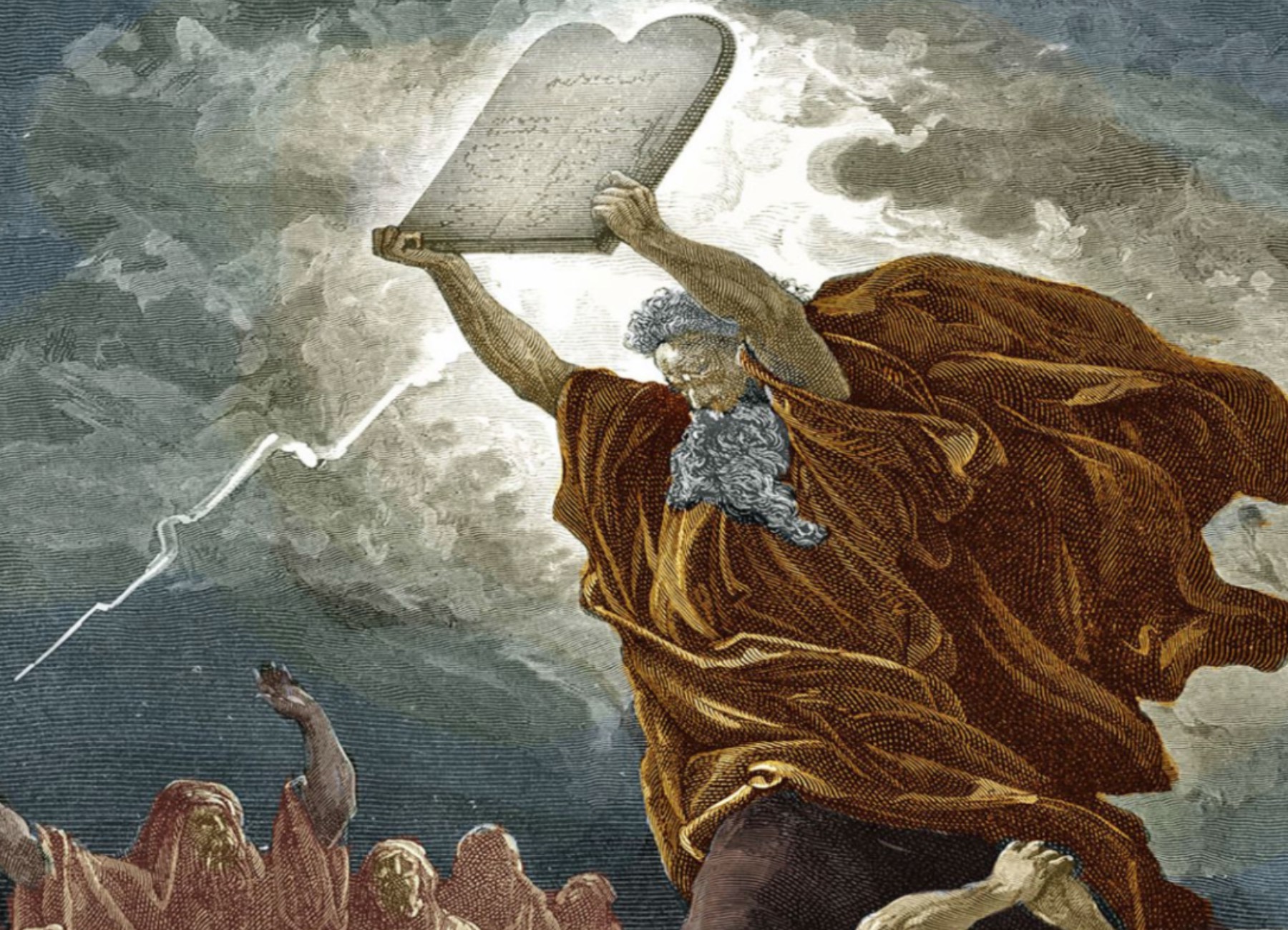
Divined truth
Eyes OFF the ball = Dems Losing. At all costs, Democrats need to avoid getting caught up in click-bait skirmishes. Working-class voters want to see us perform, not preach. If we do — if we make their lives better — even Fox News won’t be able to deny it. And those workers will reward us. We can do this without betraying our values. But our discussions must be framed in terms of economic opportunities and freedom for all.
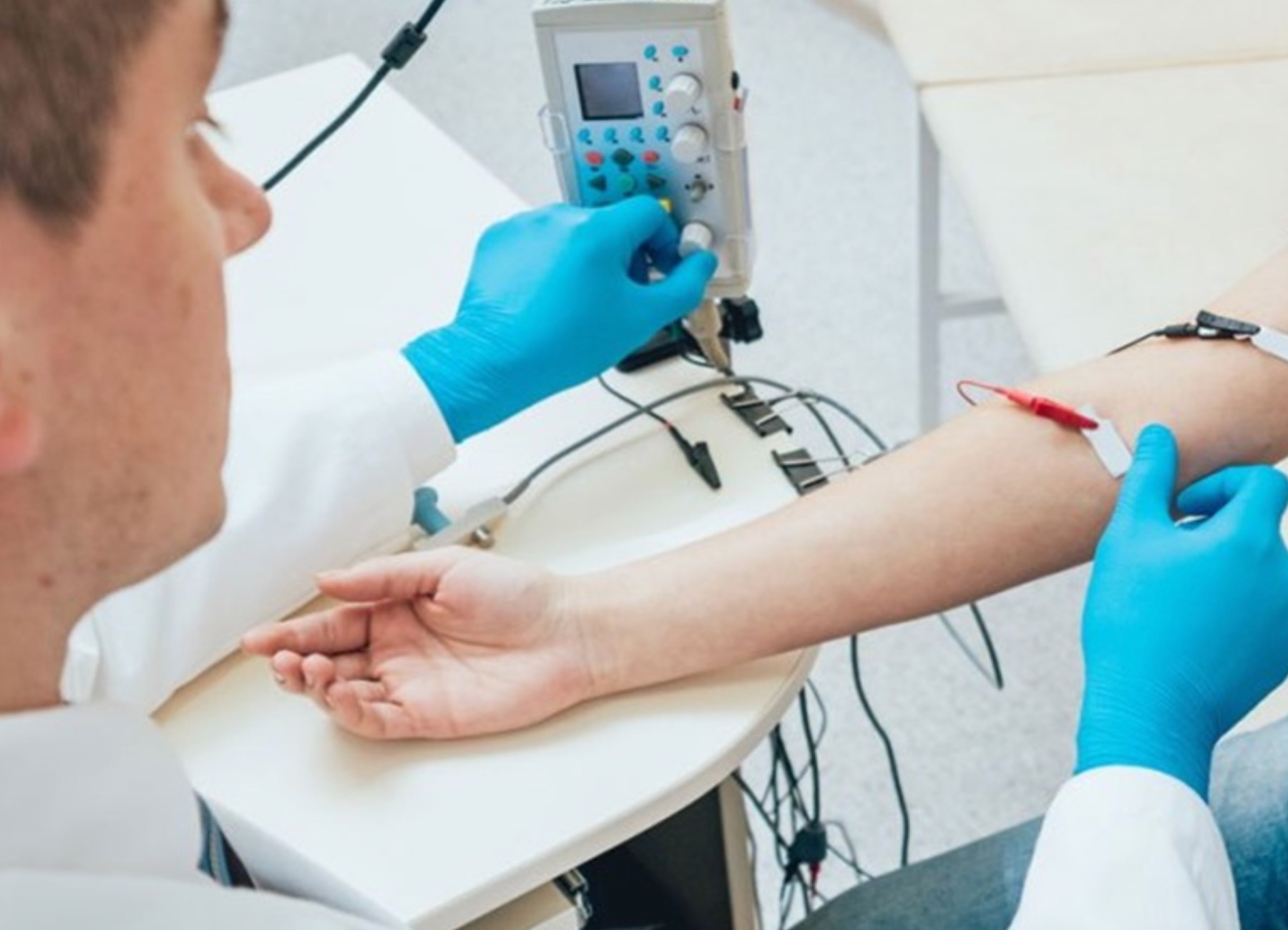
Scientific truth
Getting to the truth scientifically/mathematically, and following the lead of science/math to know what’s true.
The four anchors
Outgroup
Reimagined truth
Individuals believe what they’ve experienced and oftentimes, their experience is one of oppression. Individuals use life lessons as a guide for what’s true or not.
Reimagined truth
Individuals believe what they’ve experienced and oftentimes, their experience is one of oppression. Individuals use life lessons as a guide for what’s true or not.
Ingroup
Cultural truth
Individuals believe in the truth that has been determined by society. They believe in established systems, like legal precedent, as an arbiter of truth, and accept truth by the consensus of the people.
Scientific truth
Individuals believe truth is pure and of Nature, absolute and immutable. Truth is verifiable and logical. One gets to the truth scientifically/mathematically, and follows the lead of science/math to know what’s true.
Manmade
Reimagined truth
Individuals believe what they’ve experienced and oftentimes, their experience is one of oppression. Individuals use life lessons as a guide for what’s true or not.
Cultural truth
Individuals believe in the truth that has been determined by society. They believe in established systems, like legal precedent, as an arbiter of truth, and accept truth by the consensus of the people.
Nature
Divined truth
Individuals believe truth is not man made, but God-made and the divine is within them. Truth is not negotiable — it is absolute, immutable, and universal, and they are a self-identified outsider of a larger culture.
Scientific truth
Individuals believe truth is pure and of Nature, absolute and immutable. Truth is verifiable and logical. One gets to the truth scientifically/mathematically, and follows the lead of science/math to know what’s true.
The truth is slow and can change perspective over time.
“This is water that’s going to be flowing, so water is going to be my beliefs, it’s going to be my life experiences, the people I meet, flowing through this canyon of truth and the walls of the canyon are the stable truth. And I think with time, those evolve… The evolutions or the erosions of my truth are not drastic or dramatic. I don’t believe, overnight, that things just change… I think it does change over time… I think truth reveals itself.” Michael S., Loyalist
“But all these news outlets… are always in a race to be the first one to break that story… That becomes the impetus, especially to the editor, the owner of the publication, to be number one on the billboard. So there’s always that race to get the story in there first… Some people think, “Well, because they were the first to break the story, it’s got to be true…” Whether it be true or not, think for instance the story on the border patrol agents on horseback. The thing that came out of there, they’re whipping the Haitians and so forth how inhumane… And come to find out the guy who took the picture says, “Yeah, they weren’t doing anything wrong. They were just riding the horses and trying to control the horses.” Javier, Loyalist


The truth of a human story
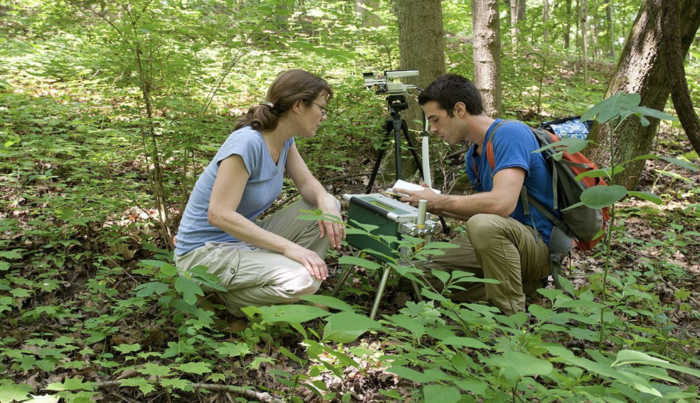
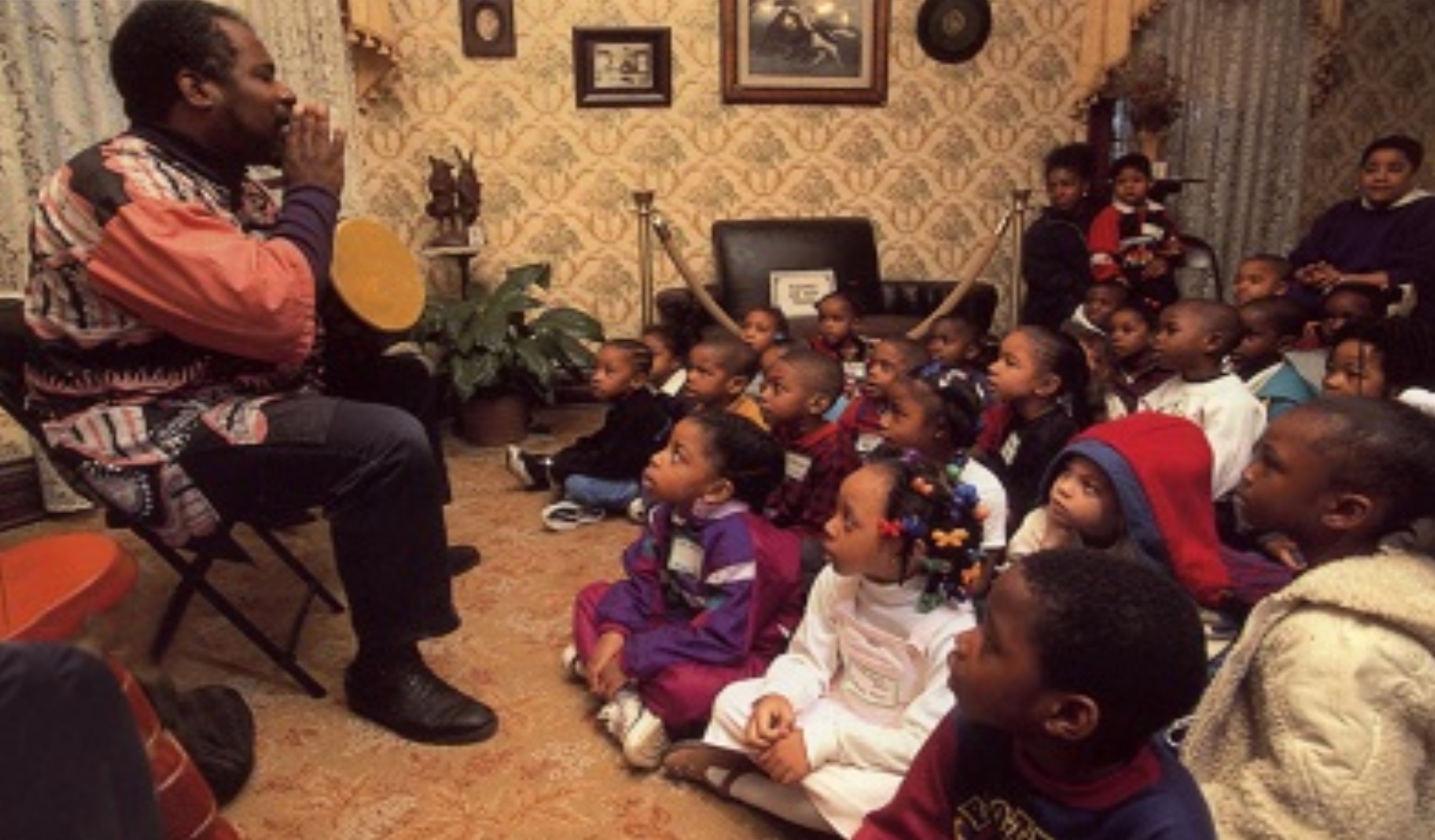
Across all segments, there is a clear distinction made between the truth of science vs. truth of human experience. The Truth of Science concerns knowing with precision what we know about the universe around us in contrast to the Truth of Human Experience, which concerns our lived realities as they are felt in our bodies, emotions, and relationships. This is the collection of circumstances and reactions we have to suffering, hardship, loss, and other reminders of our humanity.
The Truths of Human Experience were more meaningful to religious conservatives in describing Experiential Truth and Universal Truth. Furthermore, it plays a role in how respondents think about News outlets as more trustworthy when they cover the hardships of “real” people, and may prove useful in cultivating empathy moving forward. Our study found that news sources that cover the stories of those thought to be elite and privileged were less trustworthy.
Truth as balance: weighing the options
- Balance common metaphor around truth — about half of our participants believe that between two truths, the actual truth rests directly in between
- Most common expression is that of balance between two perspectives (Right/Left)
- A potentially healthier expression of balance could be balance between heart and head (leading to critical thinking), the importance of weighting perspectives, opening up a third way, and zooming out (as well as zooming in).
